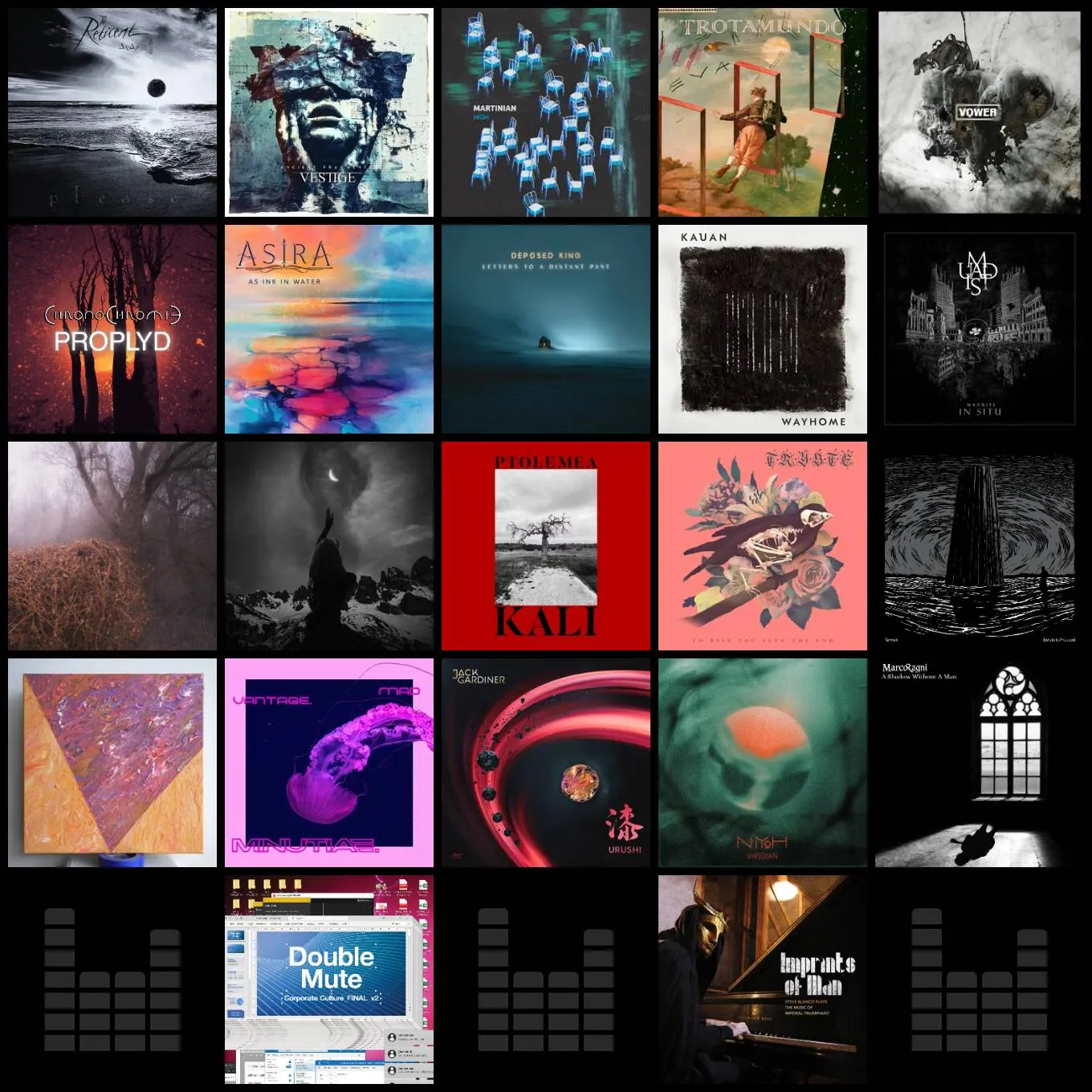
Interview with Obsidian Tide’s Oz Avneya: “Grotesque and pure at the same time – that contrast is something I really wanted to explore!”
In this interview, we explore the multifaceted artistry of Oz Avneya, best known for his work as the guitarist and clean vocalist of the Israeli prog trio Obsidian Tide. The band gained international recognition with their 2019 debut Pillars of Creation and 2023 follow-up The Grand Crescendo, which was featured on several of The Progspace editors Album of the Year lists. Oz has since ventured into solo work with his ambitious debut, “Road to I”, a 32-minute project that took eight years to complete. This album showcases a broad musical spectrum, blending heaviness, melody, opera, and ambiance, while exploring contrasting themes like life and death, hope and despair, and societal decay. Featuring top-tier collaborators from both Israel and abroad, “Road to I” is a deeply personal and dynamic work that reflects Oz’s artistic evolution.
Welcome to our interview today. Thank you for taking the time to chat. To get started, I’d love to know more about how you began your journey as a musician. How did you first get into music?
Oz Avneya:
Well, I remember listening to two specific bands – Children of Bodom and Metallica. That’s how I got into metal, but if we’re talking about music in general, my earliest memory is from Saturday mornings with my dad. We’d sit in the living room, listening to music.
There was all kinds of mainstream stuff – disco, pop – bands like ABBA, Bee Gees, and artists like Rod Stewart, Phil Collins, Elton John. I remember those mornings clearly, I was maybe seven or eight years old. That was my first real encounter with music.
Later, during car rides, we’d listen to more local music, in Hebrew, our native language. That’s how it all started for me, around seven or eight years old.
And how did you get started with actually playing or making music yourself?
Oh, that connects to what I just mentioned. I was in high school – no, actually even earlier, around 12 or 13 years old. My brother-in-law had a classical guitar, and one time when he came to visit my sister (they’re married now), he brought it along. I was curious and asked to try it.
After that, I was hooked and wanted to keep playing. My sister had a friend whose brother owned an acoustic guitar, but he didn’t play it at all. So I ended up getting that guitar – it was a Fender acoustic, pretty cheap, but it got the job done.
So that was your first instrument, the one that got you serious about playing?
Exactly. I played around with it for about a year and a half, maybe two. I wasn’t completely committed at first, just messing around with it. But after about a year, for my bar mitzvah (which happens when we’re 13), I got my first classical guitar.
That’s when everything changed. This guitar made me start dreaming. It helped me really feel connected to music, and I started composing small pieces. They were rough, but I recorded some ideas and song structures using an old PC camera that had a built-in microphone. That was the beginning of my composing journey. I was 13 or 14 at the time, and though my work was premature, it sparked my appetite for music and creation.
Then, everything shifted when I heard two tracks: ‘Hate Me’ by Children of Bodom and ‘Fade to Black’ by Metallica. I saw the music videos on MTV, and the stage presence, the vibe – it gave me goosebumps. Even now, talking about it, I get that same feeling.
Back then, I couldn’t afford an electric guitar – now I have six or seven – but I would sit with my classical guitar and dream about being on stage like James Hetfield, shredding guitar solos like Alexi Laiho.
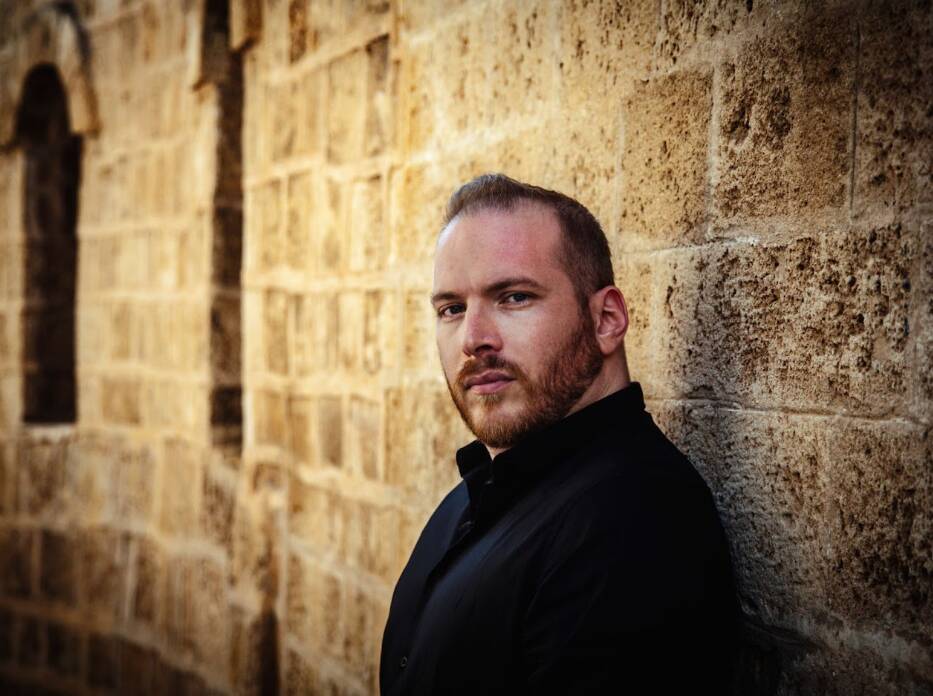
So how did singing come into the picture along with playing guitar?
It’s a funny story. Singing came out of necessity. Back when we were jamming as Obsidian Tide – after I’d formed the band with Sachar Bieber (bass) and Erez Nadler (drums) – we had another member doing vocals, but he left to pursue his own thing.
We did a few tryouts for other singers, but none of them felt right. After a few attempts, we didn’t have a singer for a while. During one rehearsal, Sachar just started growling. It was cool – we wanted someone who could do both clean and harsh vocals, so we thought, “Why not?”
That’s when I decided to give singing a try. I’ve always had a good ear for music, and my father encouraged me, saying, “Ozzy, you can sing, just give it a go.” So, I did, and eventually, I became the clean vocalist for the band.
So, you hadn’t sung before that – it was just because you couldn’t find a lead singer?
Exactly. It was purely out of necessity. We didn’t have a vocalist, so I took on the role of frontman and clean singer. I think it turned out okay in the end.
I think your singing is great, so it’s impressive that you didn’t come from a singing background.
Thanks! Yeah, I’m entirely self-taught – both with guitar and singing. I never took any formal lessons. For me, it’s always been about instinct, feeling, and especially my ear. Having a good ear is the foundation for everything I do.
OK, so before Obsidian Tide, did you have any other bands or musical projects?
I had one band where I attended maybe two rehearsals before we disbanded. It was a mix of heavy metal, power metal, and a little bit of prog, but nothing too significant. The band was called Prophecy Night, and that’s really my only other band experience before Obsidian Tide.
So Obsidian Tide was the first serious project for you, where things really came together?
Yes, absolutely. Obsidian Tide is my lifetime project, without a doubt. I remember sitting at home, composing and writing what would eventually become our debut EP, “Debris”. I had a clear vision of the music I wanted to create and knew it was time to move forward with it. That’s when I realized I needed to find other musicians and build a band.
How did Obsidian Tide come together? How did you find the other members?
At the time, I already had several songs written, and I knew I needed other musicians. It couldn’t just be a bedroom project anymore where I wrote all the riffs myself. So, I went to an online forum – this was back when forums were popular – and posted an ad. The forum was called Metalist, which is still active today, mostly doing album reviews and interviews.
In my post, I described the vision I had for the band and the style of music, citing influences like Dream Theater, Symphony X, and Enslaved. I also mentioned I was looking for musicians to join. While browsing the forum, I saw a post from Erez, who was looking for a band. He wrote that he was a drummer and asked if anyone needed one. I messaged him directly, pointing him to the ad I had posted.
We met up, and there was an instant connection. For quite some time, it was just the two of us, rehearsing together. I remember our first meeting – he came to my flat, listened to my demos, and drummed along using two pencils on my bed and pillows. That’s how it all started with Erez. He really loved the material, and we worked well together.
After some time, we realized we needed a bass player. I knew Sachar from a nerdy game we played called Magic: The Gathering. He still plays all the time, and I play occasionally. One day, when we were buying cards, I mentioned to Erez that I had someone in mind for the bass role. I called Sachar and told him about the prog project I was putting together and asked if he’d be interested in checking out the material. He was enthusiastic, so he came over.
While listening to the demos, Sachar picked up my classical guitar and started playing along, mimicking bass parts on the low strings. He vibed with the music right away. After that, we had our first rehearsal together, and the rest is history.
That’s great. So, everyone was pretty close to each other geographically, and you’re all able to rehearse regularly?
Yes, it was actually pretty convenient. Erez lived just a few blocks away, and Sachar was in a nearby city, more like a suburb. It’s rare to find a group so close-knit, both in proximity and chemistry, especially considering we’ve been together for nearly 13 years now.
Erez and I talk a lot about football, and we still meet up often to watch movies or just hang out. Of course, we share music all the time, sending each other albums and influencing each other’s tastes. Sachar and I bond over Magic: The Gathering and, naturally, music as well.
It’s been a great experience, and I’m really happy with how things turned out.
Very cool! It’s impressive because your music is quite sophisticated and technical. I’d imagine it could be hard to find musicians who can play it well and bring the right elements to the band.
Yeah, it definitely wasn’t as smooth in the beginning as it is now. We’ve all evolved as musicians. Sachar, for example, took formal bass lessons from one of the best bassists in Israel, and Erez has played in a number of other bands, gaining more experience.
Personally, I’ve been playing and composing ever since I picked up the guitar. It’s a way of life for me. Whether it’s in the mornings when I drink coffee and play classical guitar, or later in the evenings when I improvise on backing tracks or work on compositions – music is always a part of my day.
So, yes, we’ve all grown a lot over time, both individually and as a band.
Very cool. Now, about Obsidian Tide, you released your latest album, “The Grand Crescendo”, last year. How has the response been since its release? How are things going for you after that album?
Musically, we feel like it’s definitely a step forward from ‘Pillars of Creation’ in certain ways. The reaction has been really interesting, especially from people who were familiar with ‘Pillars of Creation’. Some expected more of the same – super groovy, super tight – but “The Grand Crescendo” is softer, more atmospheric, and has a kind of airy feel that wasn’t as present in our earlier work.
We just got back from Poland, where we played the Ostrow Rock Festival alongside bands like Pain of Salvation and The Vintage Caravan. We performed tracks from “The Grand Crescendo”, and the response was fantastic. People came up to us after the show, saying they loved the record, bought it, and really connected with the songs. It’s heartwarming, and personally, I see it as a step forward for us.
Looking ahead, I’ve already composed a song and a half for the next Obsidian Tide album, and I know Sachar is working on ideas too. So, I think we’re at a really strong point in our journey as a band.
Cool. Like I mentioned earlier, I think it’s a fantastic release. ‘Field of Reeds’ especially resonated with me – being a father, the lyrics really hit home. The composition and flow, especially with the outro, are just fantastic.
Thank you, man. I’m really happy to hear that.
So, today we’re mainly talking because you also have a solo album coming out, “Road to I”. How did that come about? You mentioned in the press kit that it wasn’t a short-term project – eight years in the making, right?
Yes. I’ve always had a special place in my heart for extreme, technical, and heavy music, but some things I couldn’t fully explore within Obsidian Tide. This solo project started when I got my first seven-string guitar. That’s when I really began composing and getting into this heavier sound.
It was around 2016, and I got a PRS SE 7-string – one of the best guitars I’ve had, and I still regret selling it to this day. I even upgraded it with Seymour Duncan Nazgul Sentient pickups, which really shaped the tone. I still have the demos from back then, and the guitar tone was insane!
It’s always like that, isn’t it? As soon as you sell something, you want it back.
Absolutely. I’ve had a ton of guitars pass through my hands, and some of them I’d love to get back, but I’m no longer selling them. I’ve learned my lesson!
But yeah, back then, certain albums inspired me to dive deeper into heavier music.
What albums would you say influenced you the most?
The first one that comes to mind is Fallujah’s “The Flesh Prevails”. That album hit me hard on an emotional level – the way they combined heavy music with atmospheric, ethereal elements was amazing. It was both grotesque and pure at the same time. That contrast is something I really wanted to explore with “Road to I”.
Another big influence was At The Gates “At War With Reality”. Their melodic yet heavy approach really stood out, especially considering it was a comeback album. I felt they poured even more emotion into it than usual.
So, I started writing riffs and developing ideas. The first song I wrote for the solo project was ‘Seeds of Immortality’, followed by ‘Conjurers of Conformity’. But honestly, it took a lot of time to finish everything. I did it all by myself, and that made the process slow and sometimes painful. Balancing it with Obsidian Tide and other life commitments was tough, and it took time to find the right musicians who fit the vision I had in my head.
That’s actually what I was going to ask next. The harsh vocals by Zed Destructive are really unique. You already explore the contrast between growls and clean vocals in Obsidian Tide, but this solo project takes that contrast even further. How did that collaboration come about?
The album is all about contrasts, and I wanted to push that concept as far as possible. It took me a while to find the right musicians, especially the harsh vocalist. I reached out to a lot of incredible vocalists, like Daniel from Textures and guys from Letters from the Colony and Abiotic. While I got great responses, it didn’t work out due to timing and other obligations.
After searching for a while, I remembered my friends in the band Winterhorde, and that’s where I found Zed. I knew he had the perfect character for the growls I envisioned – something almost orc-like in its ferocity, yet with a pharaoh’s ruthlessness. I wanted the harsh vocals to be extremely intense, beyond what we do in Obsidian Tide.
Zed absolutely nailed it. He delivered exactly what I was looking for. I remember being in the studio and asking him for just one more take, even though what he’d already done was amazing. Sometimes he’d look at me like he wanted to strangle me for asking for more, but I really wanted to capture that raw character in his voice.
He did an incredible job. The album has those soft, quiet moments, but then it hits hard, and Zed’s vocals perfectly complement that dynamic. We clicked instantly, and I’m really happy with how it turned out.
Very cool. When I started listening to your album, the stylistic range really stood out. You went for a broad contrast, which was already striking. But what surprised me the most were the soprano vocals. They really added another layer to the vocal contrasts. What’s the story behind that?
Wow, yeah. I’ve always loved heavy music and admired really heavy bands. Two of my favorite bands that incorporate soprano vocals are Septicflesh and Ayreon. While Ayreon isn’t as heavy, their use of soprano and mezzo vocals – whether it’s Simone Simons or Floor Jansen – really struck me. I’m not usually into female-fronted music, but I think the texture these vocals add, especially to heavier music, is something special.
I remember listening to Septicflesh tracks like ’Oceans of Grey’ and songs from “The Communion” and being amazed at how they wove soprano vocals into such heavy soundscapes. That’s when I knew that this type of vocal could work on certain tracks for my project. Specifically, I thought about it for the song Imbal (Brill, soprano vocals) is involved in, and the duet between Zed and Imbal on ‘Proxima B’ was something I had envisioned for a long time. I felt that their combination could create a really unique sonic ecosystem. In my opinion, it turned out great – though, of course, it may not be everyone’s cup of tea. But those soprano vocals were definitely something I wanted to incorporate, influenced heavily by those bands.
And how did you find the singer, Imbal?
That’s a good story. I actually reached out to two other soprano vocalists before Imbal. One of them is one of the best in the country, but due to scheduling conflicts, it didn’t work out. The other had to fly to Italy for a soprano production and couldn’t join either.
One of them suggested I look at the Jerusalem Academy of Music and Dance, where there’s a lot of soprano talent. She thought it might also work for me budget-wise. So, I went to the academy’s Facebook group and posted a short note, similar to what I’d written in Metalist Magazine.
I received about five or six responses from potential vocalists. I asked each of them to send demos because I wanted to get a feel for their character and see if they fit the ideas I had in mind. One of those responses came from Imbal, and she really impressed me.
From there, I sent her the demos and arrangements I had written. It’s funny – I still have those demos where I’m trying to sing the soprano parts myself. I even shared them with the guys in Obsidian Tide! I recorded the parts on my phone, singing all the high notes to give her an idea of what I wanted. And when she sent it back, she absolutely nailed it. That’s when I knew she was perfect for the project.
It sounds like you’ve been striking gold with those online messages – finding the right people!
Yeah, 100%! I don’t know if it’s fate, luck, or something else, but I’m incredibly grateful. I feel lucky not just with this project but also with Obsidian Tide and my musical journey in general.
Aside from the instrumentation and singing, what are the underlying themes you’re trying to express with this album?
The music itself speaks for better or worse, depending on who’s listening. But thematically, the album revolves around contrasts. I really wanted to explore the merging of opposing worlds – the grotesque and heavy with the pure and emotional. The contrast between harshness and calmness, light and dark, hope and despair, life and death – that’s what drives the themes in this album.
For example, the song ‘Seeds of Immortality’ touches on the concept of immortality, a state that transcends life and death. That’s one of the central themes I wanted to explore.
Another theme is the moral decay I see around me, especially here in Israel. As a society, I feel like we’re crumbling. You see it in how people treat each other – on the roads, in supermarkets, over the phone. There’s a growing impatience, a loss of values and decency. That sense of degeneration is something I wanted to reflect in the album as well.
I was going to ask about the cover art, but I suppose that ties in with the themes you’ve just mentioned – the two sides and contrasts, right?
Exactly, yeah.
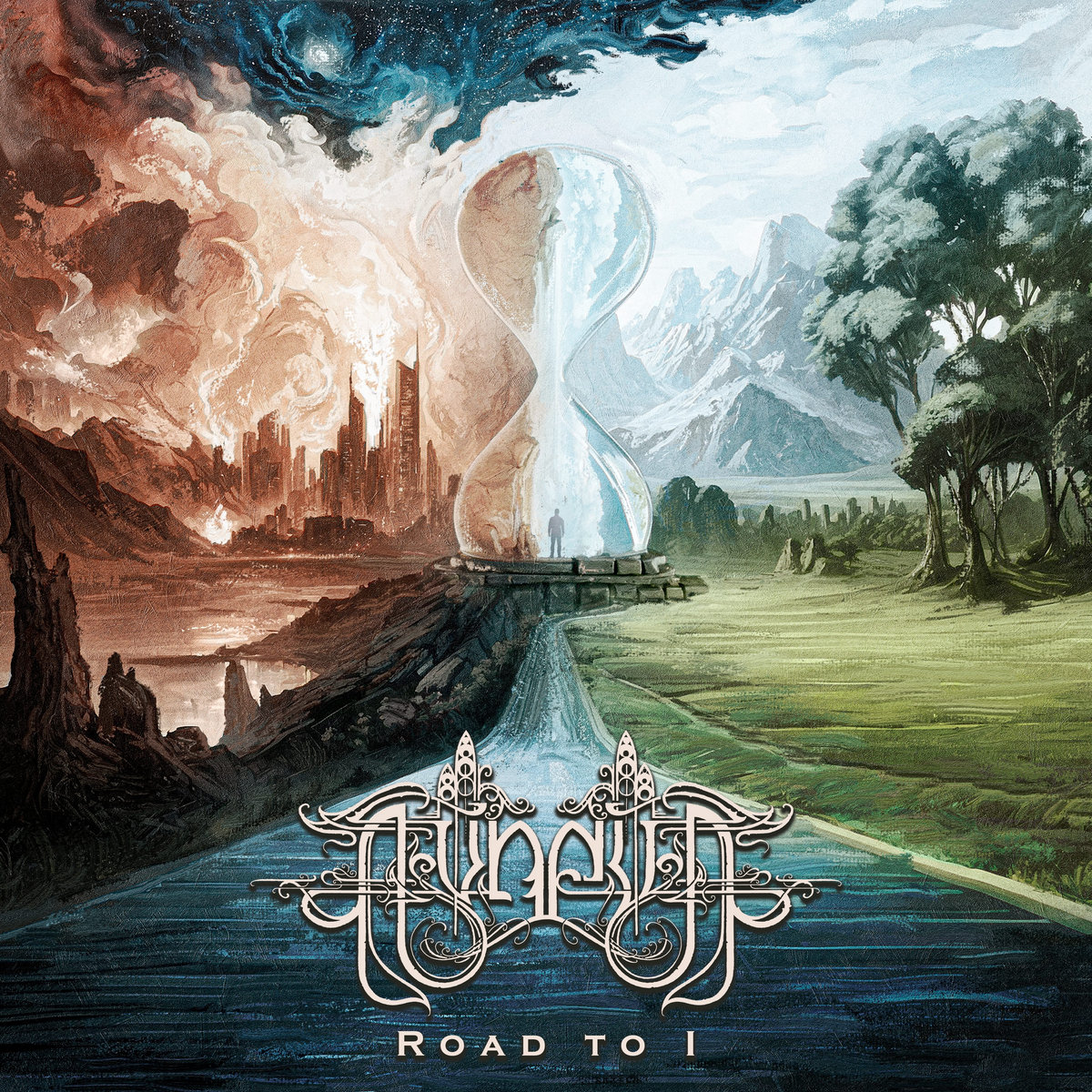
Now, for the English speakers, what does ‘Ima Sheli’ mean?
Well, Ima Sheli, in my native Hebrew, means “my mother.” Yes, this piece wasn’t originally meant to be included, but I eventually decided to put it in. It’s dedicated to my late mother, who passed away suddenly.
My condolences. That’s quite a personal topic.
Yeah, it was really shocking, honestly. It wasn’t something we saw coming, and it really hit hard. This is actually the first time in my career that I’ve sung in Hebrew. I’ve considered singing in Hebrew before, but not under these circumstances. Some of the classical parts of the piece were even composed while I was at the hospital with her. I took my guitar along while I was there taking care of her, and during that time, I played and incorporated some of what I created. So, yes, it means “my mother.”
That’s very intense. I didn’t understand the lyrics, but I could feel the emotional, sad, and vulnerable tone in the music. I didn’t expect it to have such a deep story behind it.
Yeah, it’s going to be out there soon for everyone to hear, not just me. People are already asking questions about it, and I’ve decided to share it, even though it’s very different from the rest of the record’s vibe.
I can see how it’s different, but since the whole album covers a wide stylistic range, I wouldn’t say it’s completely out of place. It’s another strong contrast, but it fits the overall concept.
I’m really glad to hear you say that because I debated with myself a lot about whether to include it. I even wrote another classical piece in memory of my brother-in-law’s father but decided not to include it. This one, though, I really struggled with, so I’m happy you think it fits. Even though the album is short – only about 32 minutes – there’s a lot of emotion packed into it.
Is there anything else you’d like to mention about the record that we haven’t touched on yet?
Honestly, I feel relieved. It’s taken a lot of energy to finally put this record out. After my mother passed away, it really stopped me in my tracks, even though I was at a creative peak. So, I’m glad it’s going to see the light of day. Tomorrow, I’m releasing the second single, ‘Ethics We Chose to Omit’, which touches on the degeneration I’ve talked about. But I honestly don’t know what to expect from people’s reactions. This album shows a different side of me, and I’m curious to see how it resonates with listeners.
That makes sense. A lot of creatives can relate. There are probably thousands of people out there with a lot of unfinished material. But until you’ve actually completed something like this, it’s hard to understand what it means to finally get it done. Perfection is often the biggest obstacle to finishing a project. It’s a big achievement to get something as ambitious as this album out.
I feel very proud of having completed it, thank you. These last eight years have been an insane journey, and I remember everything in detail. I’m just excited for the album to finally be out there so I can free up my mind for new creations, new compositions, and new productions. I’ve got so many ideas!
So what’s next for you?
Right now, I’m focusing on the release of this record. After that, the Obsidian Tide team and I will meet to discuss our plans for the next year or two. Personally, I already have the structure for my second solo album – about six or seven tracks sketched out. I don’t know when or how I’ll finish them, but I’m working on it. I’ve also got plans to visit Germany in March to see Animals as Leaders and Night Verses. Night Verses has become one of my favorite bands in recent years. Beyond that, I want to keep creating and hopefully play more gigs abroad.
Do you have any plans to perform the solo material live as well?
I really want to. The only challenge is that my drummer, Dan (Presland, drums, Ne Obliviscaris, Black Lava, Vipassi), is from Australia, and he did an amazing job. We do have great drummers here in Israel, and I’ve spoken with a few before I contacted Dan. So, there’s a possibility that they could fill in for live performances. I’m definitely flirting with the idea and hope I can make it happen.
It would definitely be cool. Live performances offer a different energy from studio recordings. In today’s world, with all the advanced production tools, a live show brings a raw, authentic vibe that complements the album.
I completely agree. When you see a band perform live, and you can feel the emotions the music brings out in both the musicians and the audience, it’s a whole different experience. I tried to keep that human element in the album production, even though it’s not as polished as some modern productions. I don’t know if you noticed, but I intentionally left some parts a bit raw to maintain that authenticity.
I did notice. Nowadays, heavy music can be so overproduced that it loses its humanity. Everything is edited to perfection, and it can feel robotic. By keeping things raw, you leave some of that human touch in the music, which I think is important.
Exactly! That’s what I was going for. I wanted to avoid the overly polished sound that can sometimes feel too generic. It’s about striking that balance and keeping the music human.
As a final question, aside from music, what else are you passionate about?
Oh, lots of things! I’m a big fan of coffee and beer. I have a nice coffee machine at home, and every morning I make myself a proper coffee with freshly ground beans. I’m also a huge football fanatic. I love watching tournaments, analyzing games, and talking about football. I even started a football podcast during the Euros, but I had to pause it because of music and work commitments. I plan to get back to it during the next Champions League, which is my favorite football tournament.
I also enjoy driving and cars, though I haven’t had the chance to drive anything fancy recently. I love traveling and hiking, although my last big hike was a year and a half ago in Costa Rica. And I’m a big fan of cinema. Everything that creates a vibe or inspires me to create – whether it’s music, movies, food, or people – feeds into my creative process.
Sounds like a great mix! Well, thanks so much for your time, Oz. Wishing you the best of success with the album release and everything that comes next!
Thank you so much! I really appreciate it.
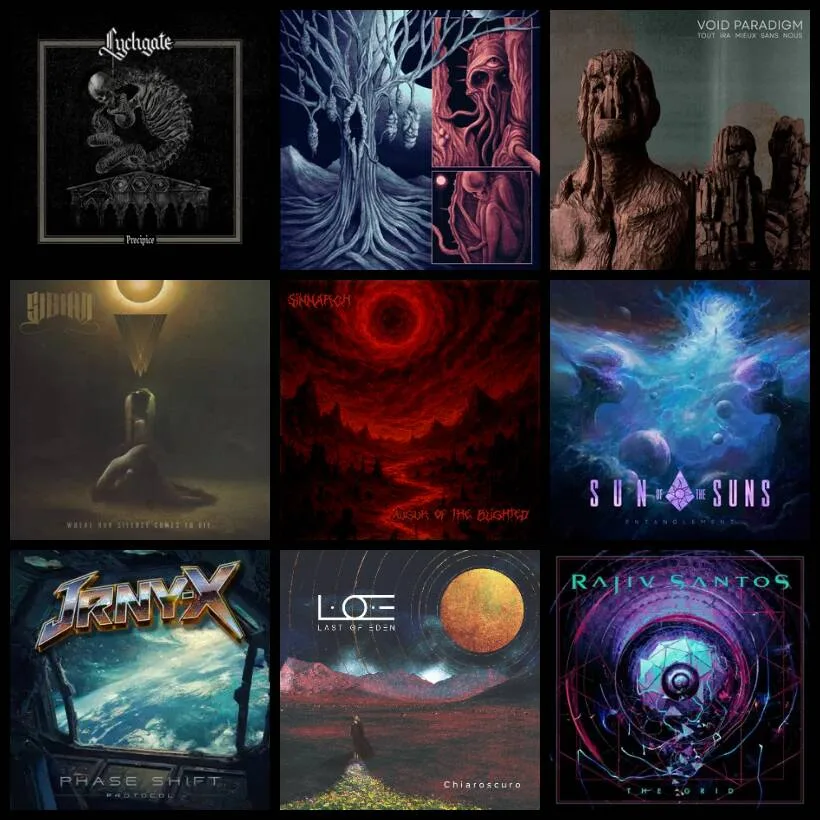
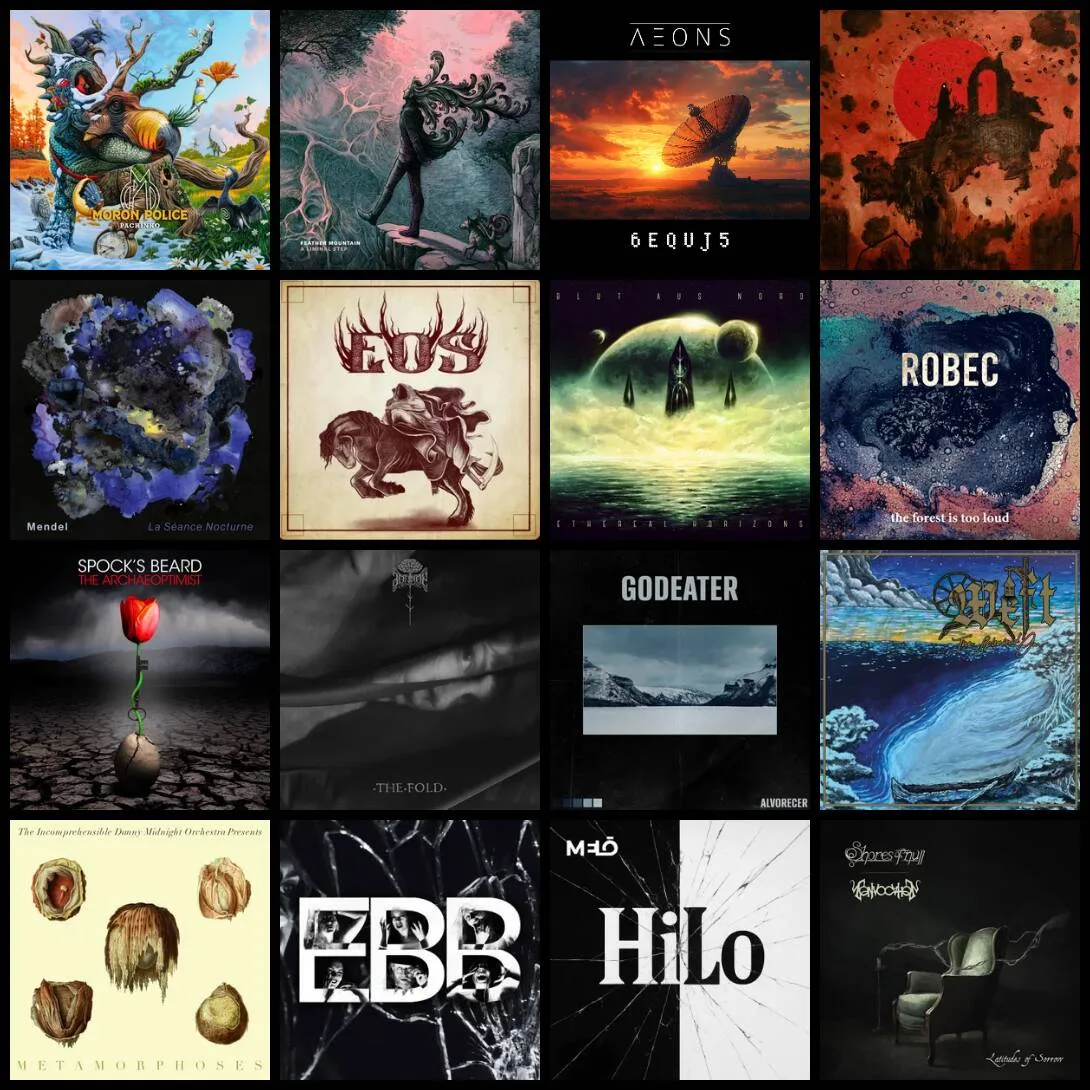
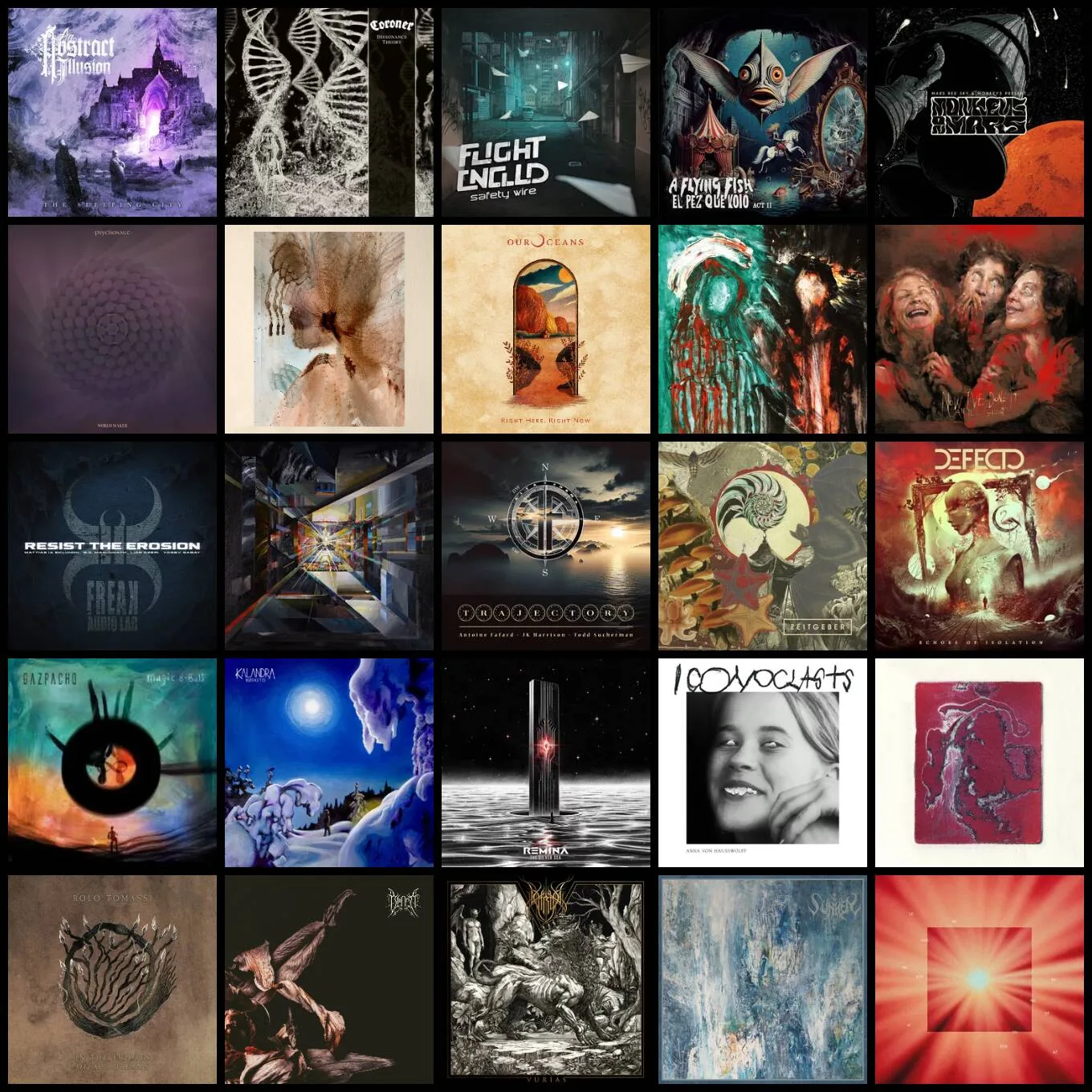
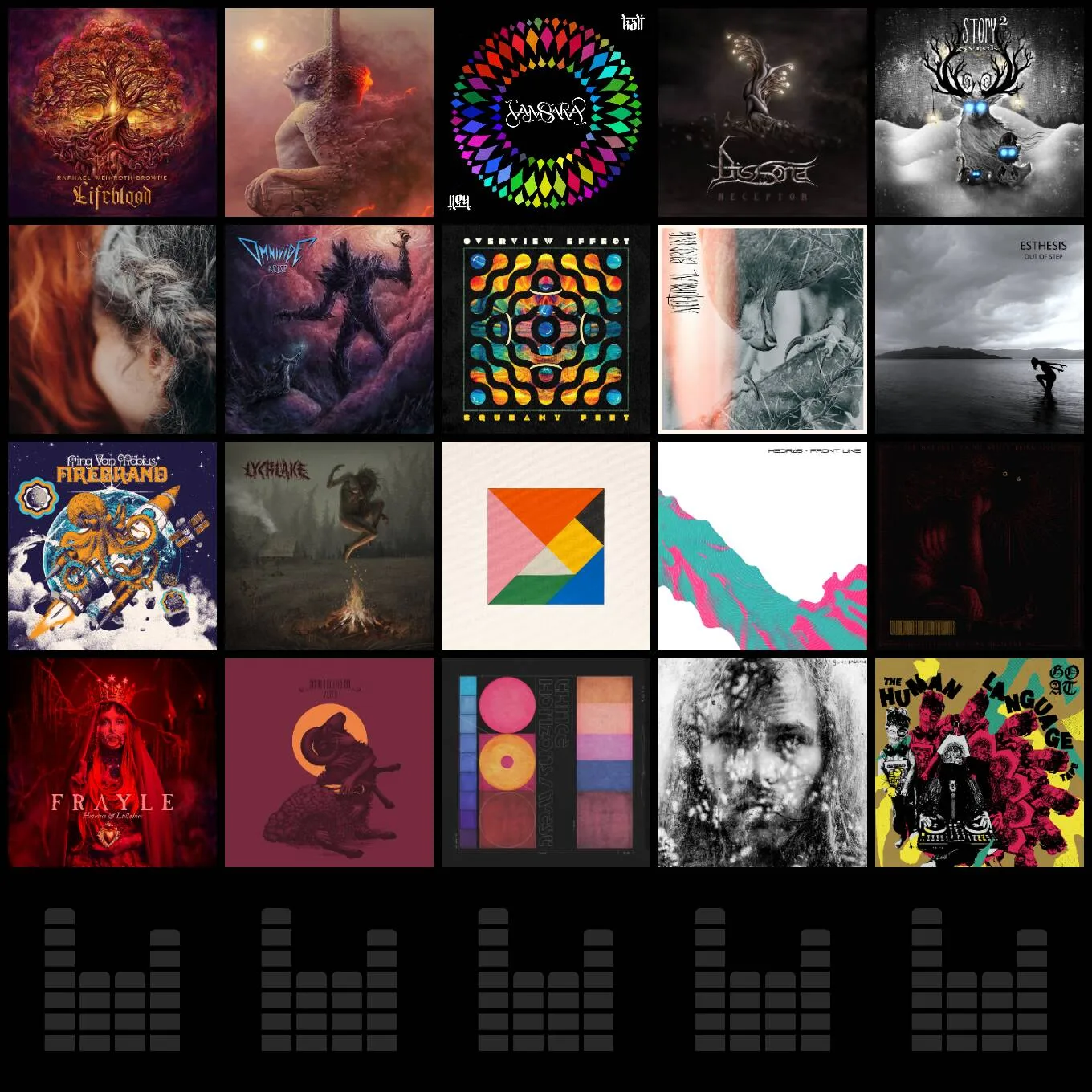
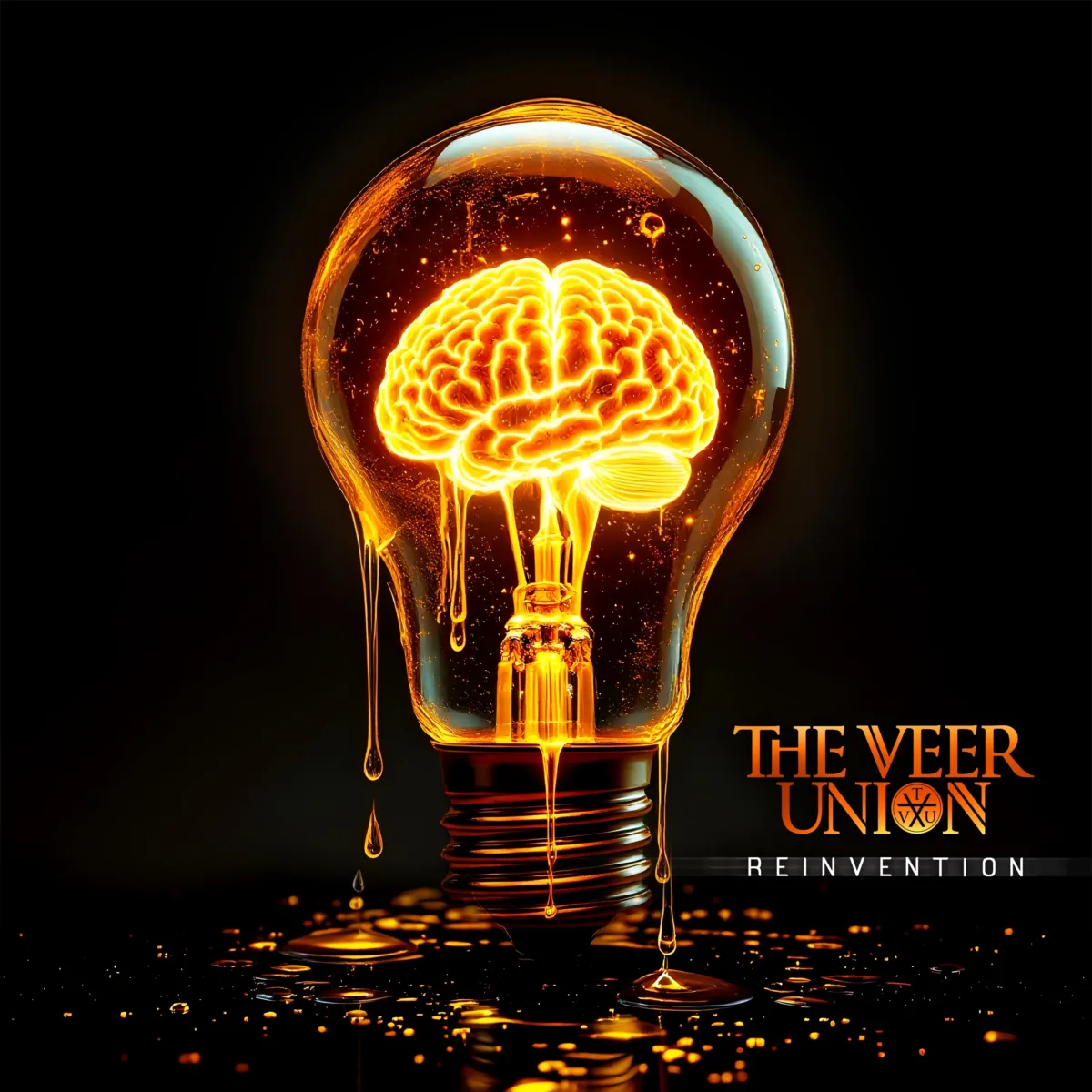
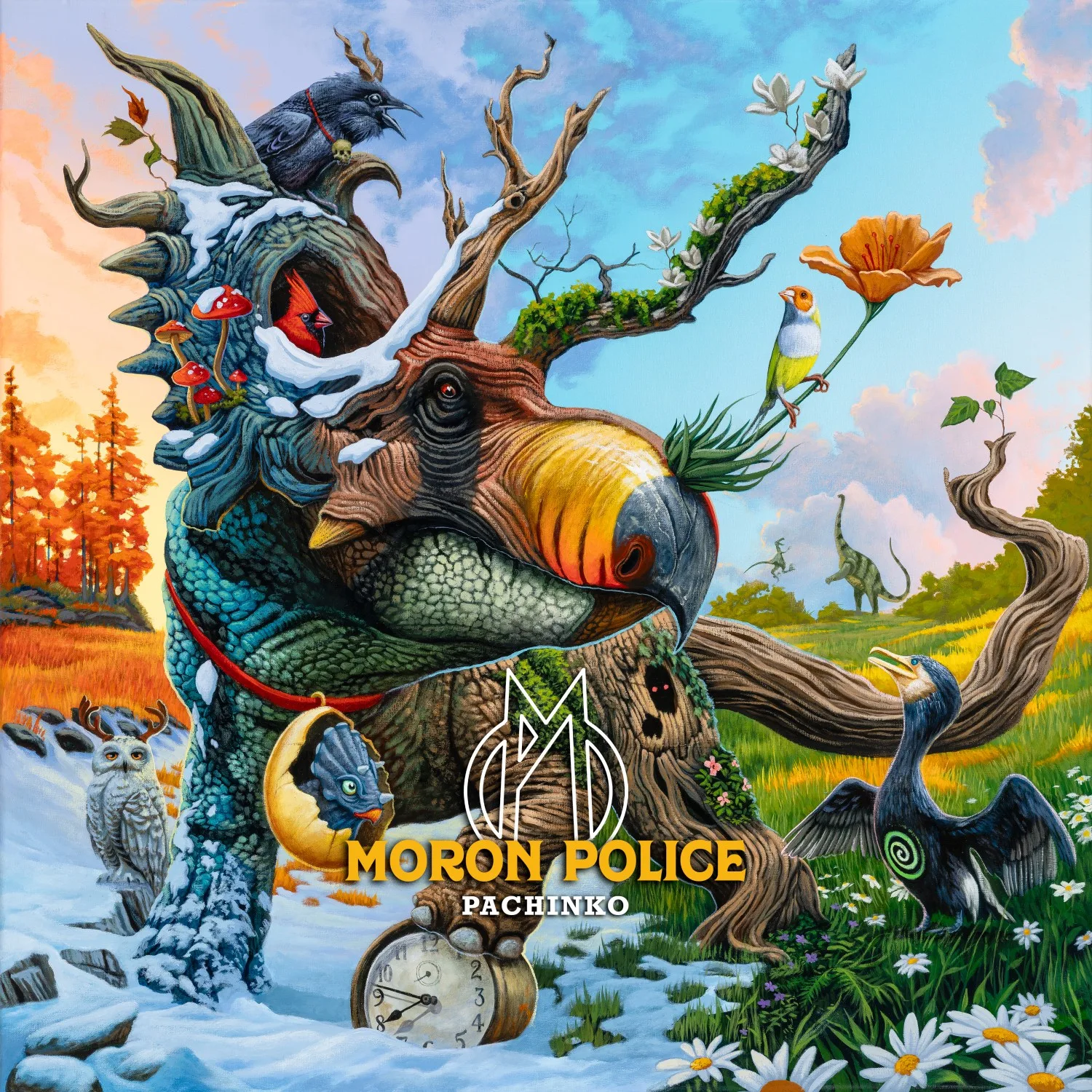
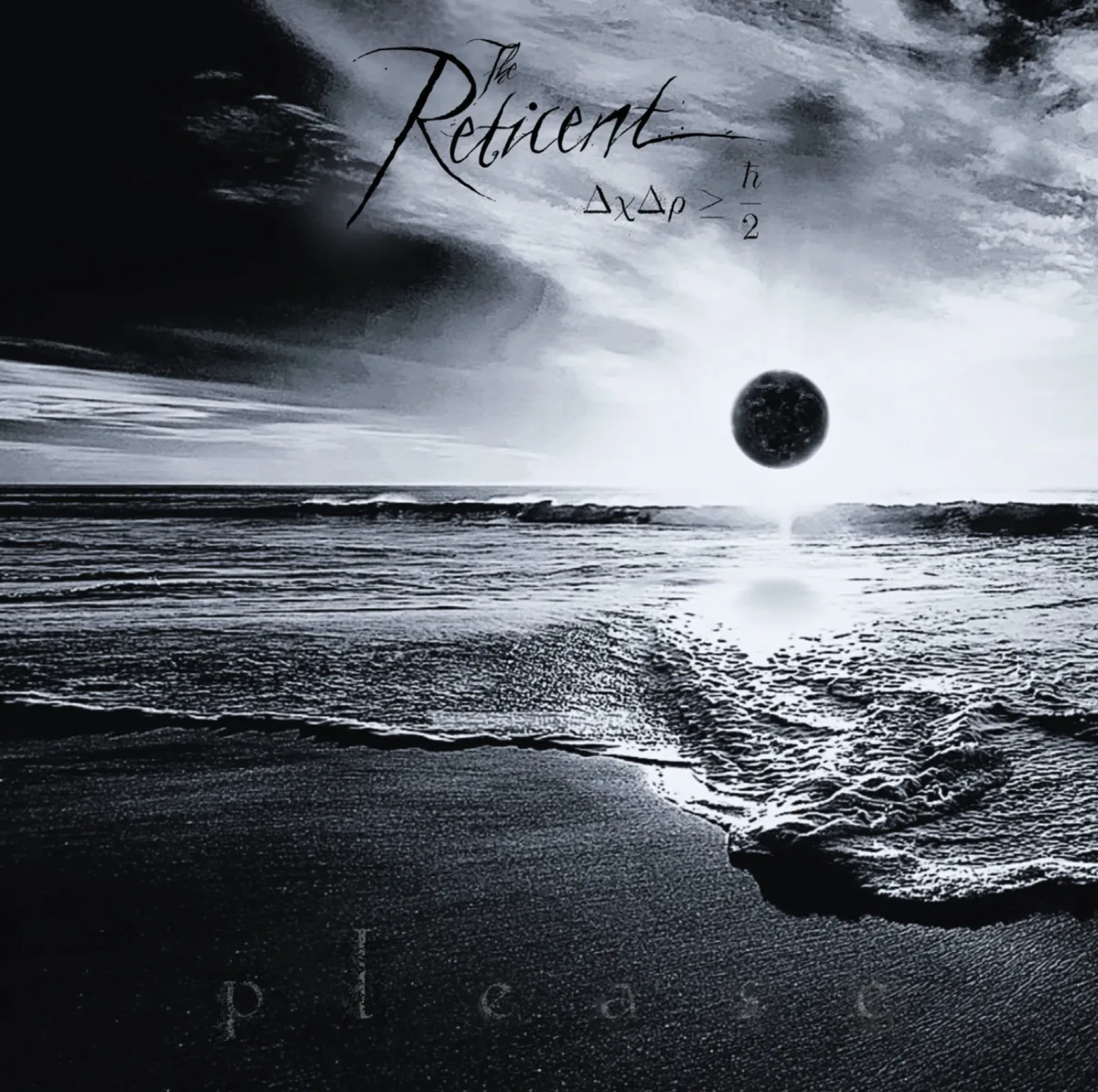
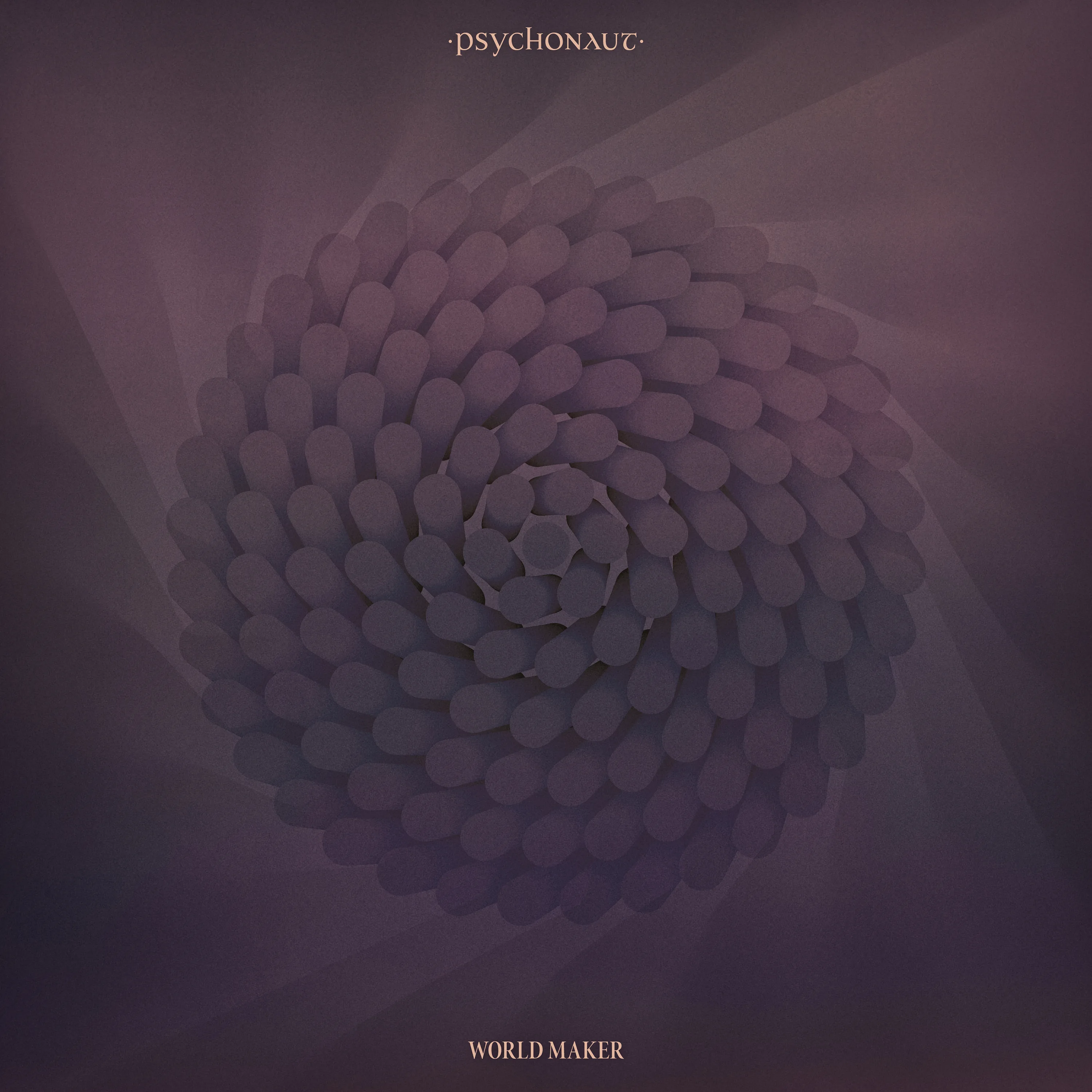
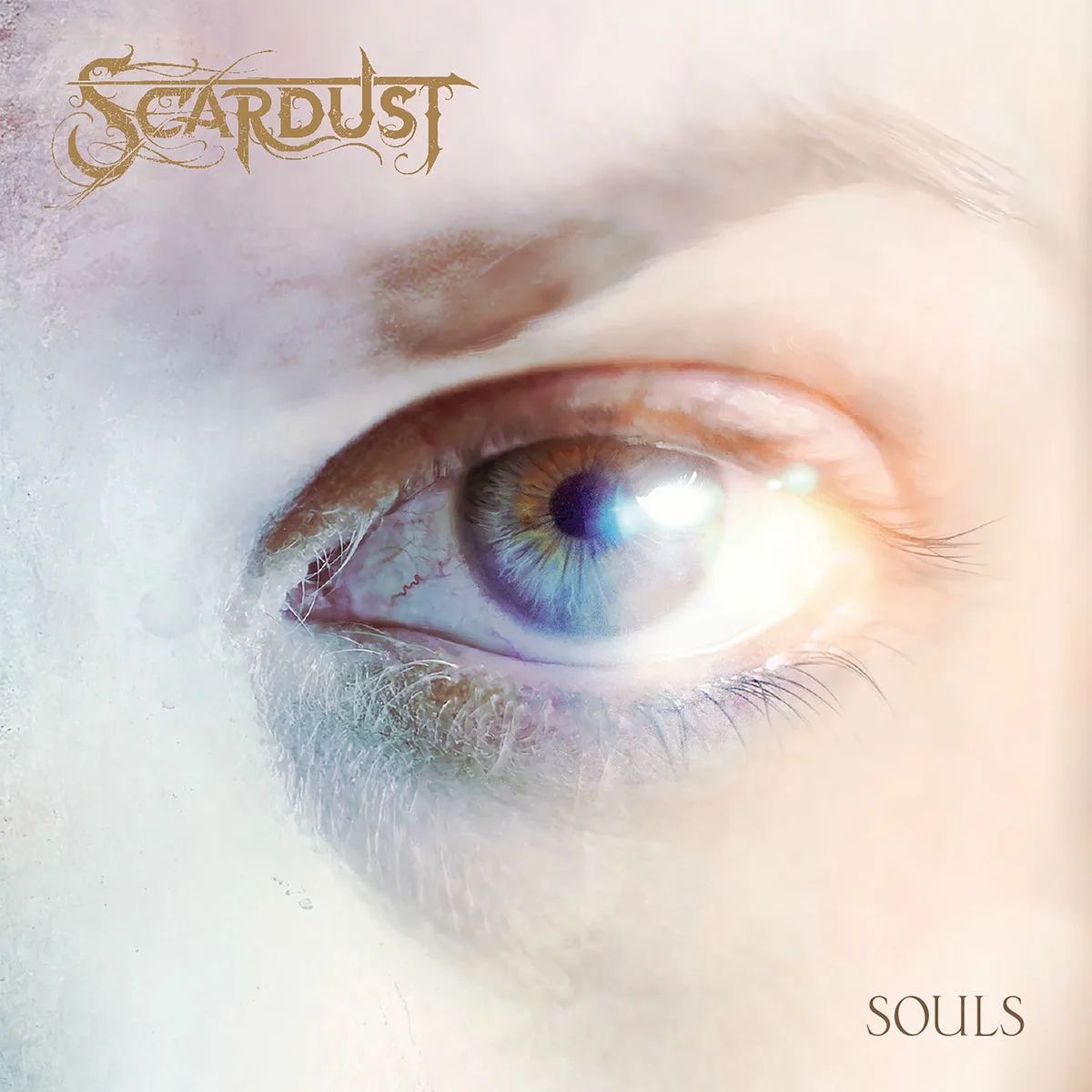
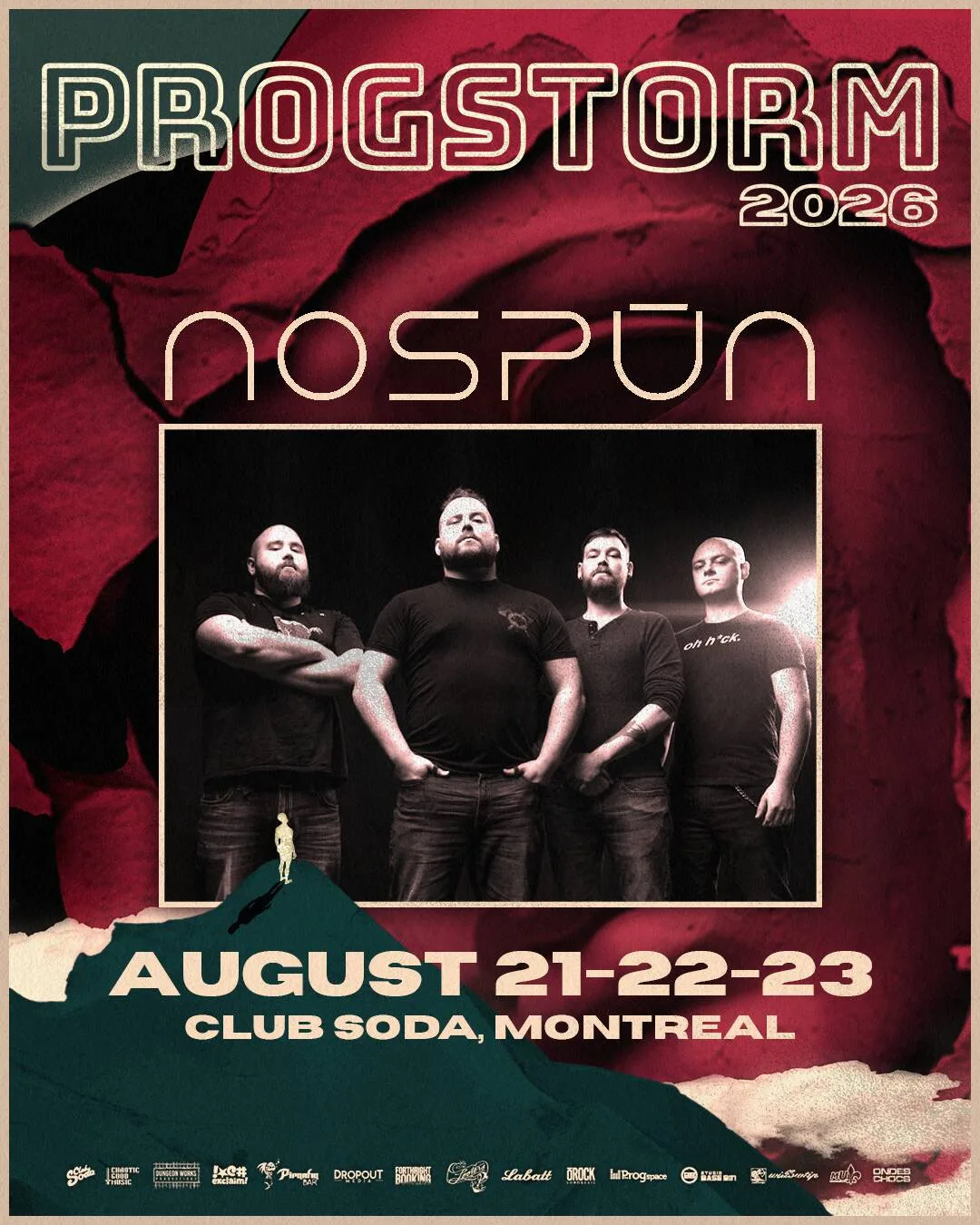
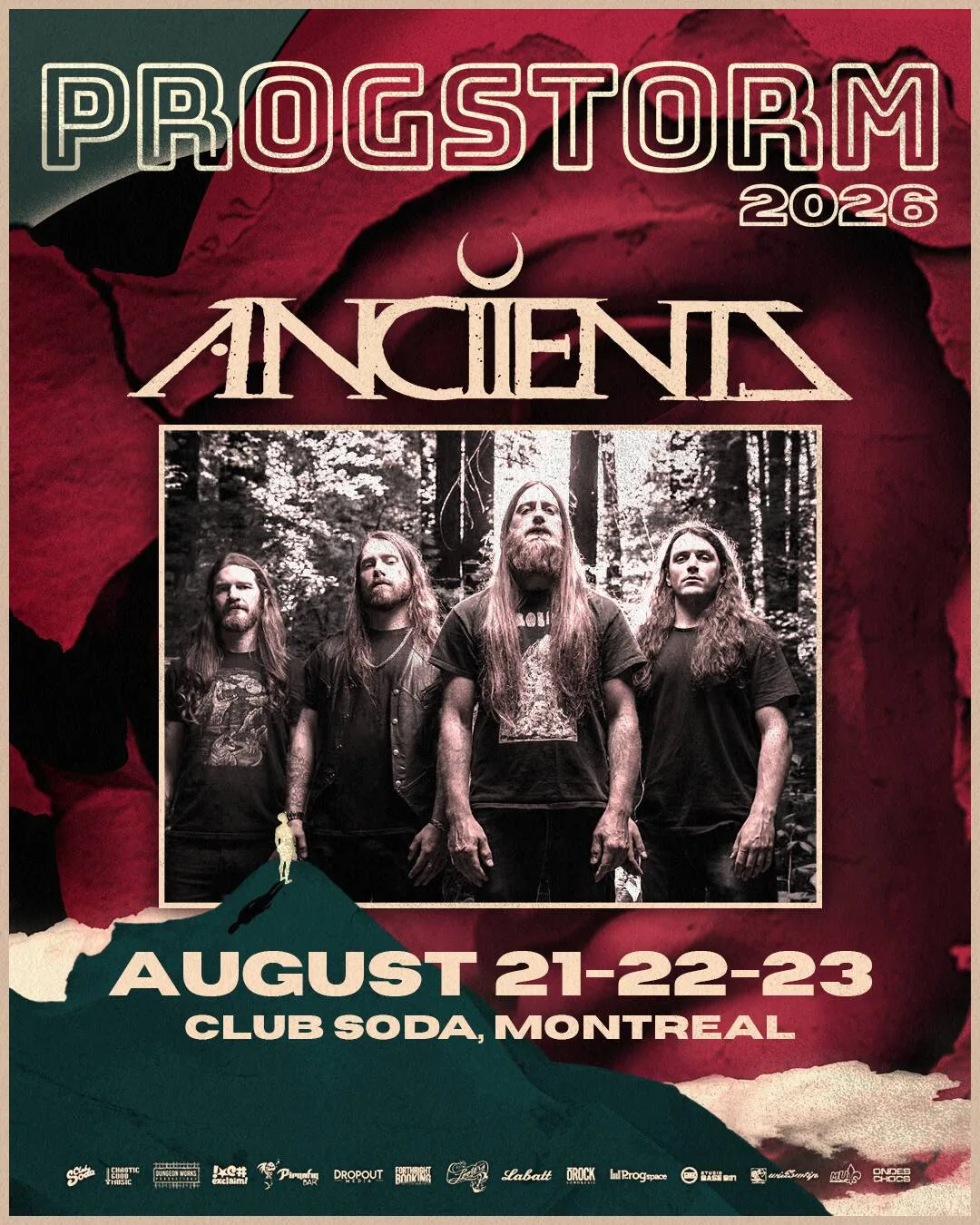
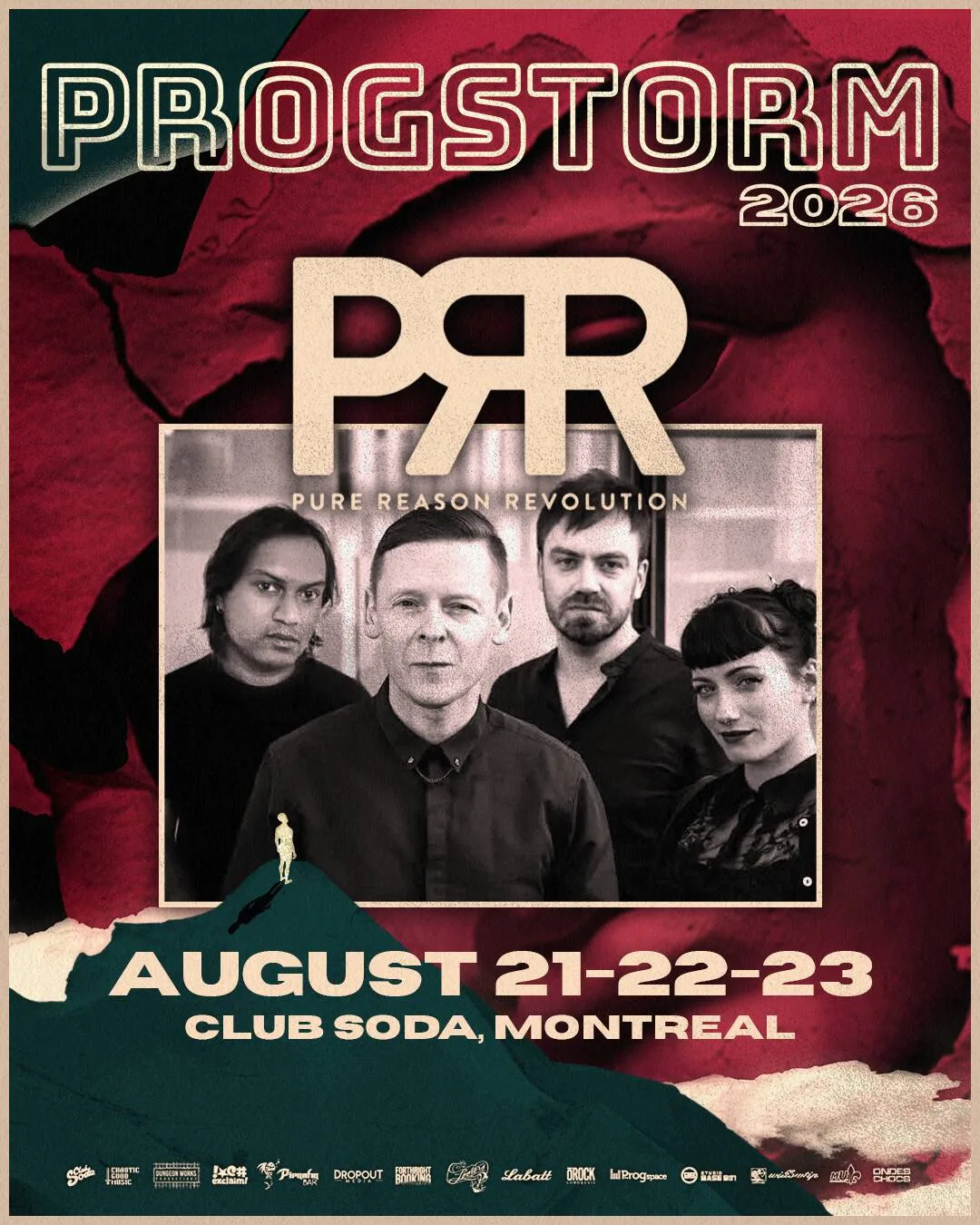
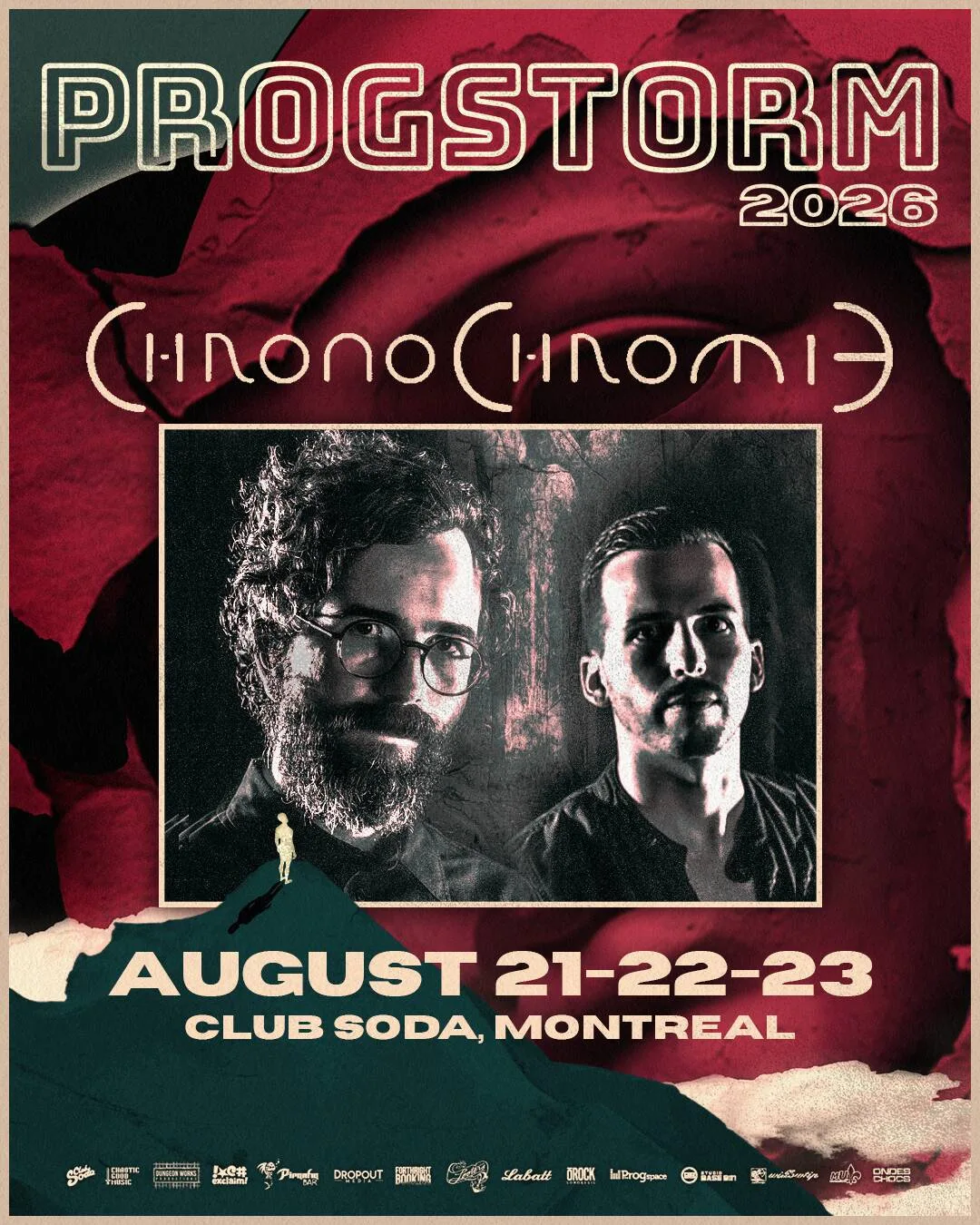
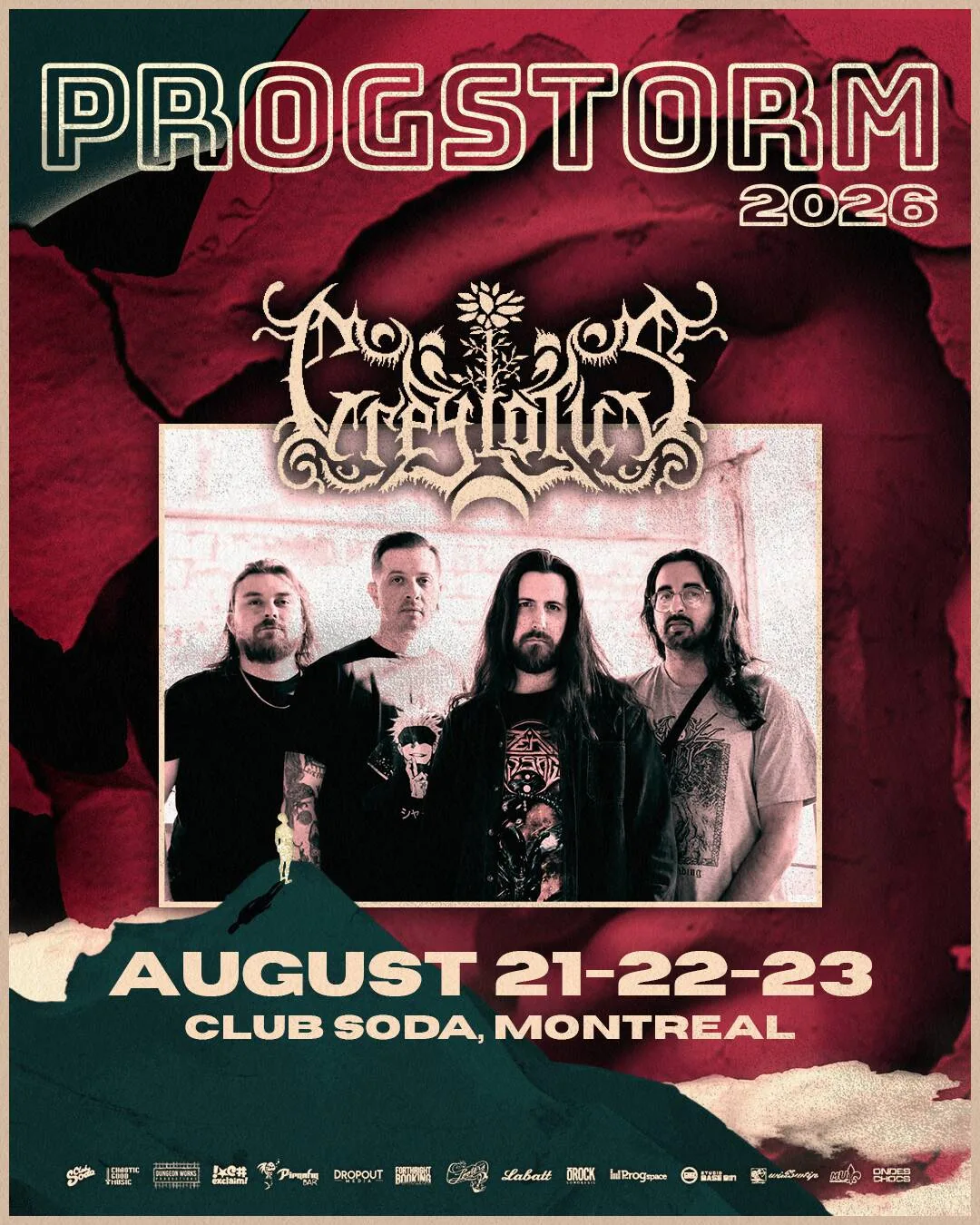

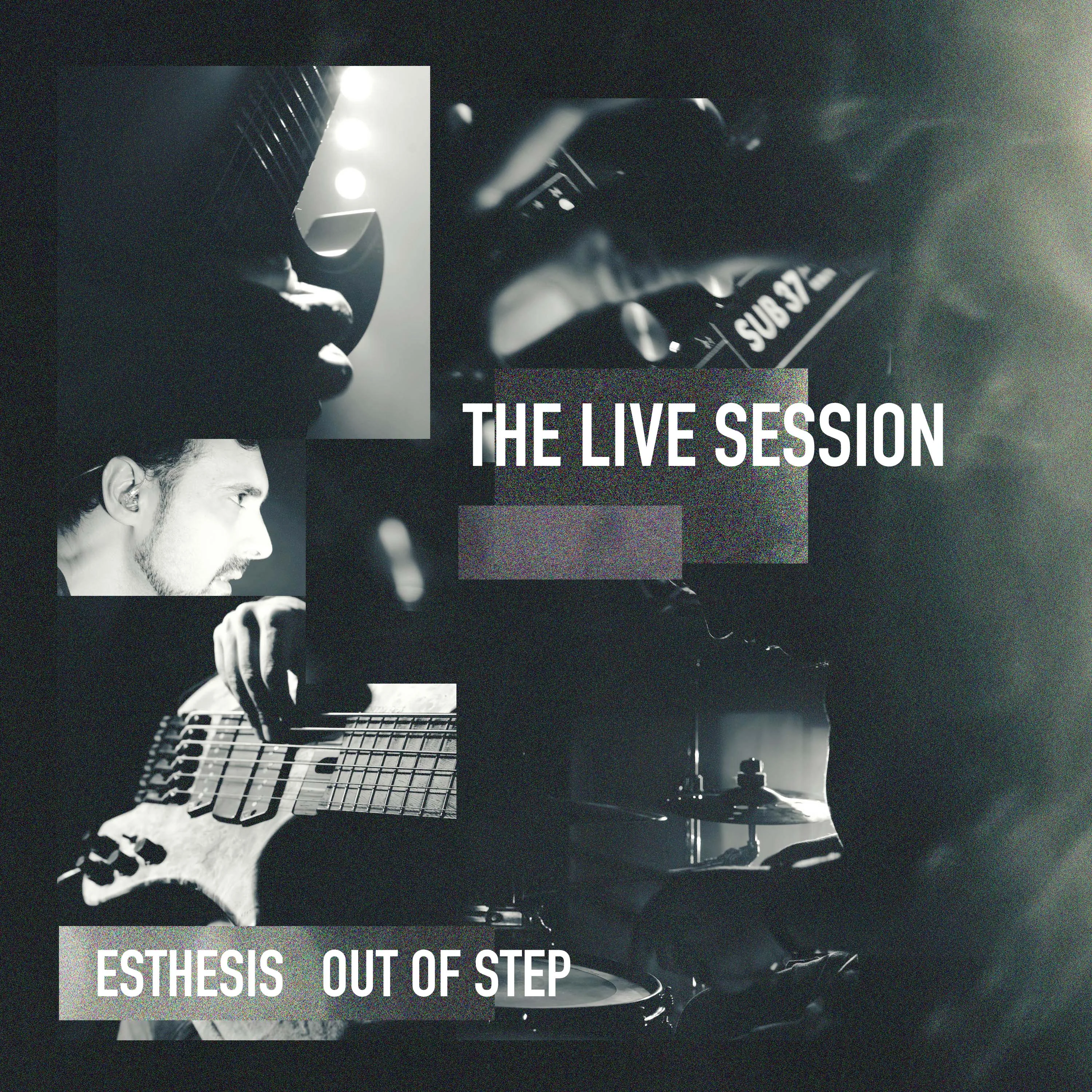
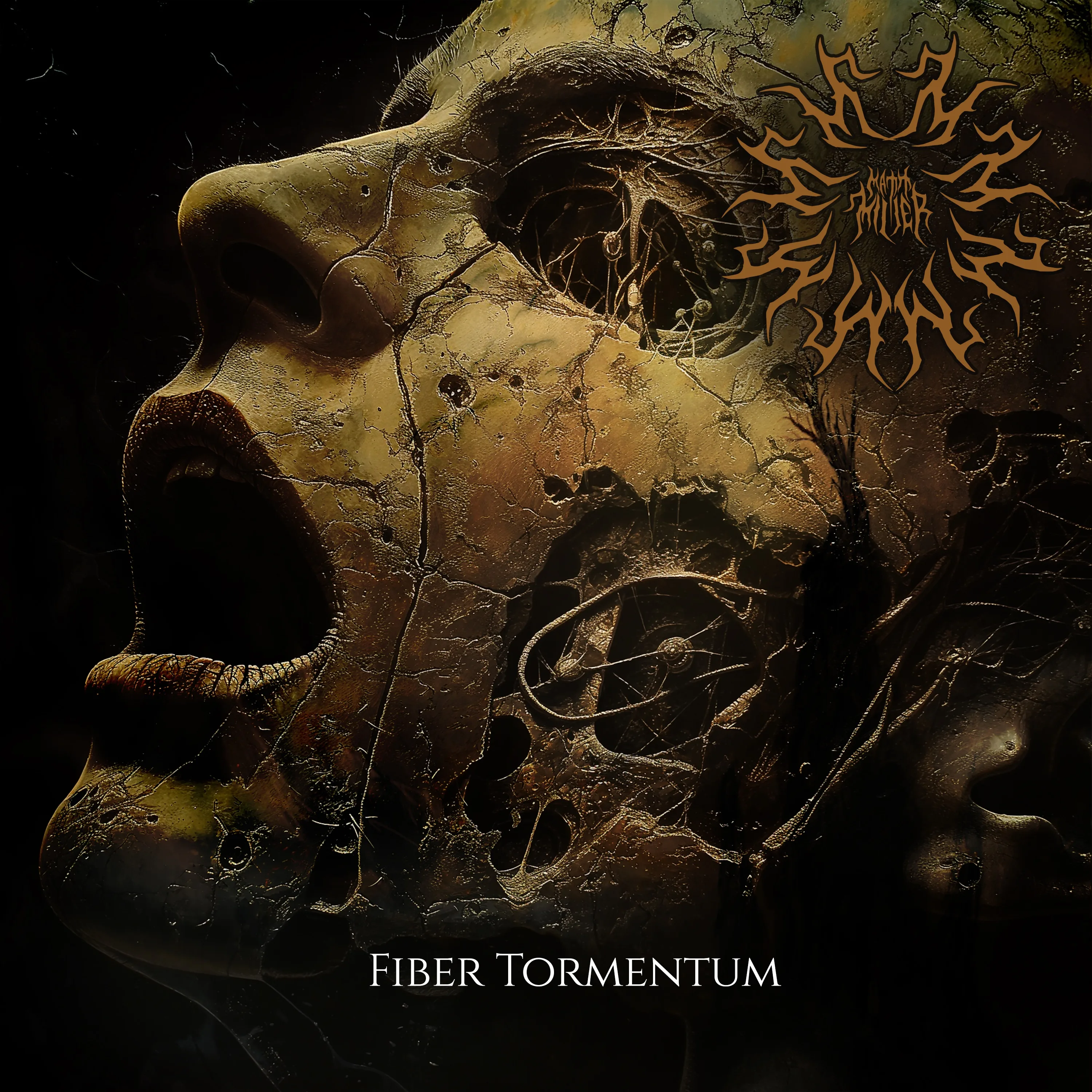
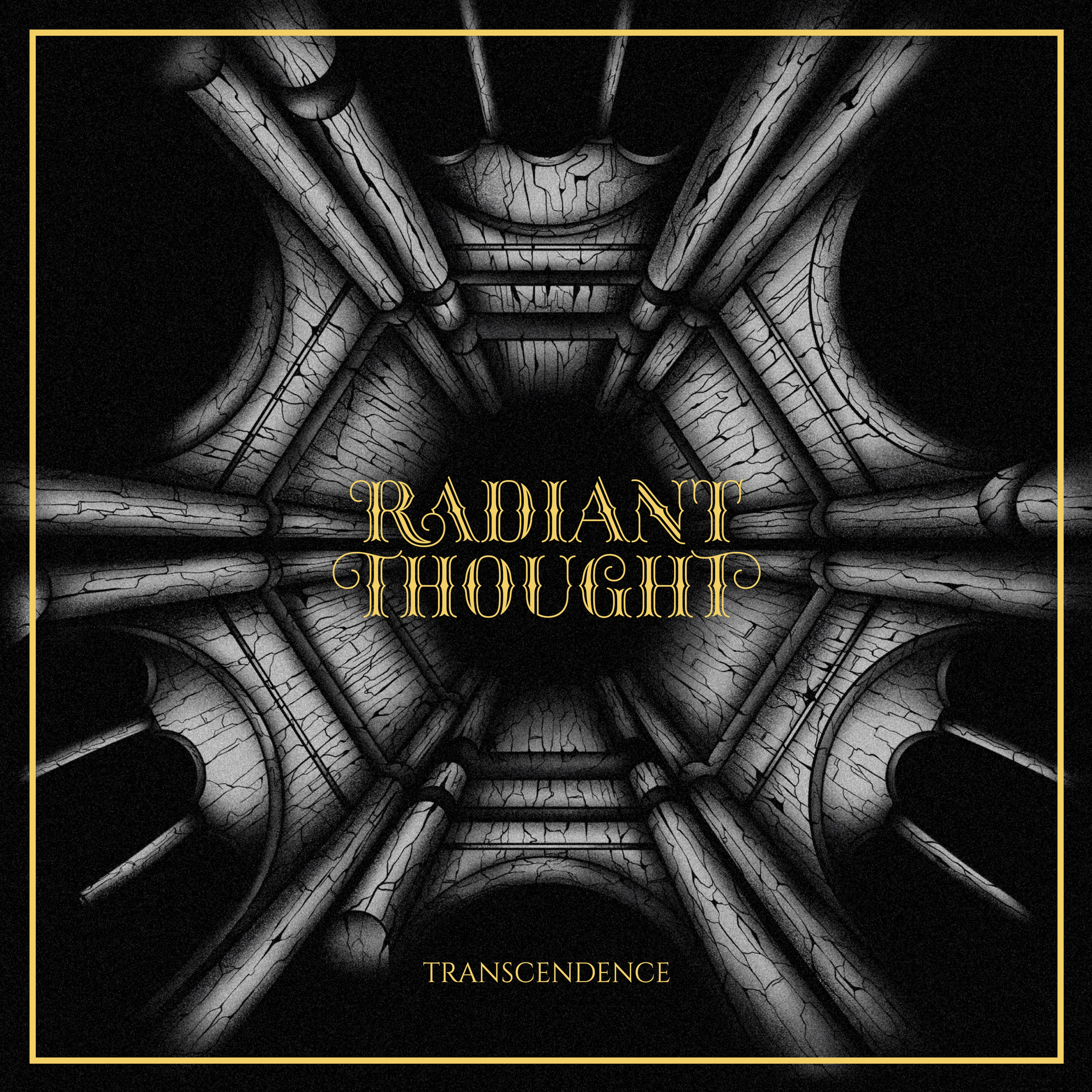
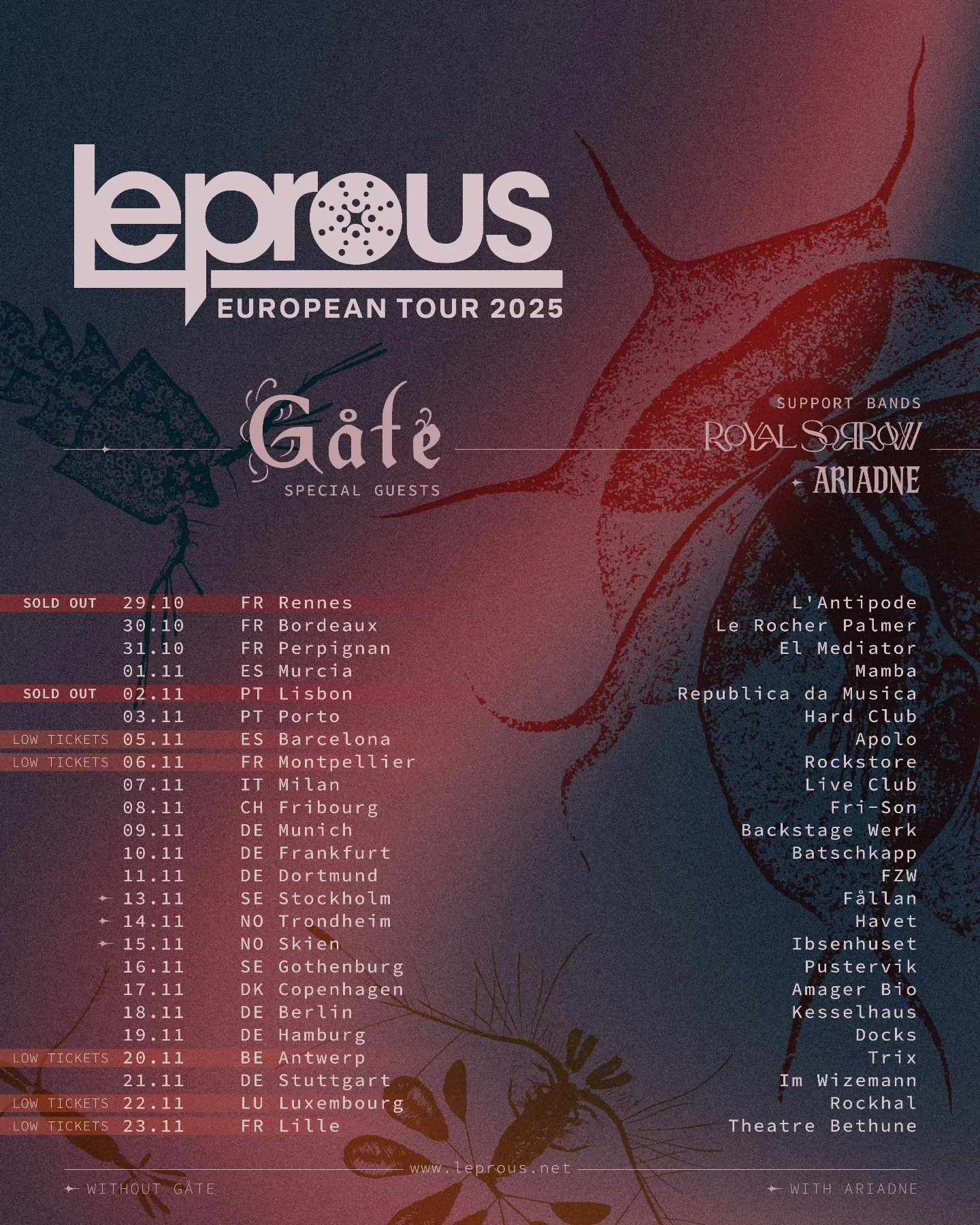
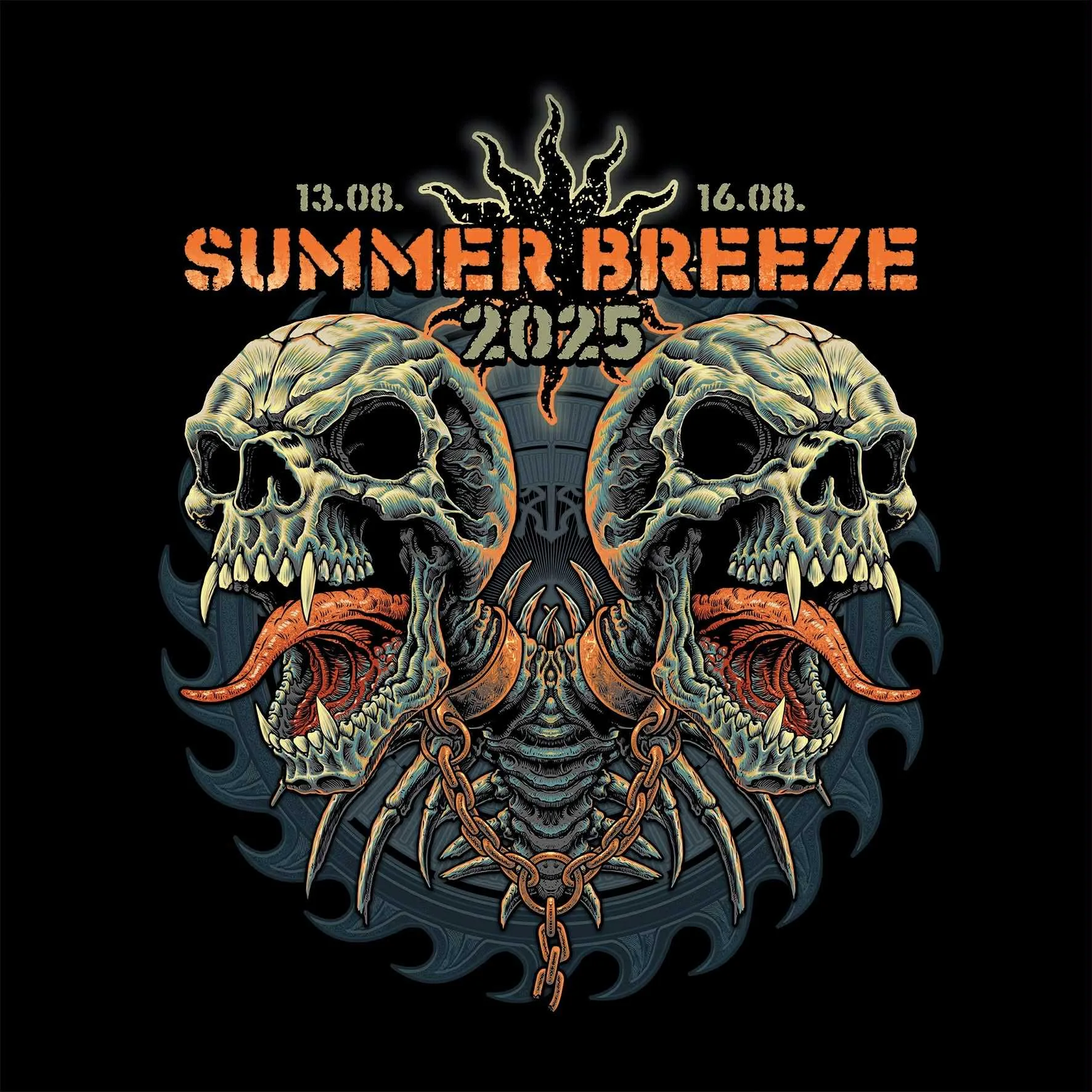



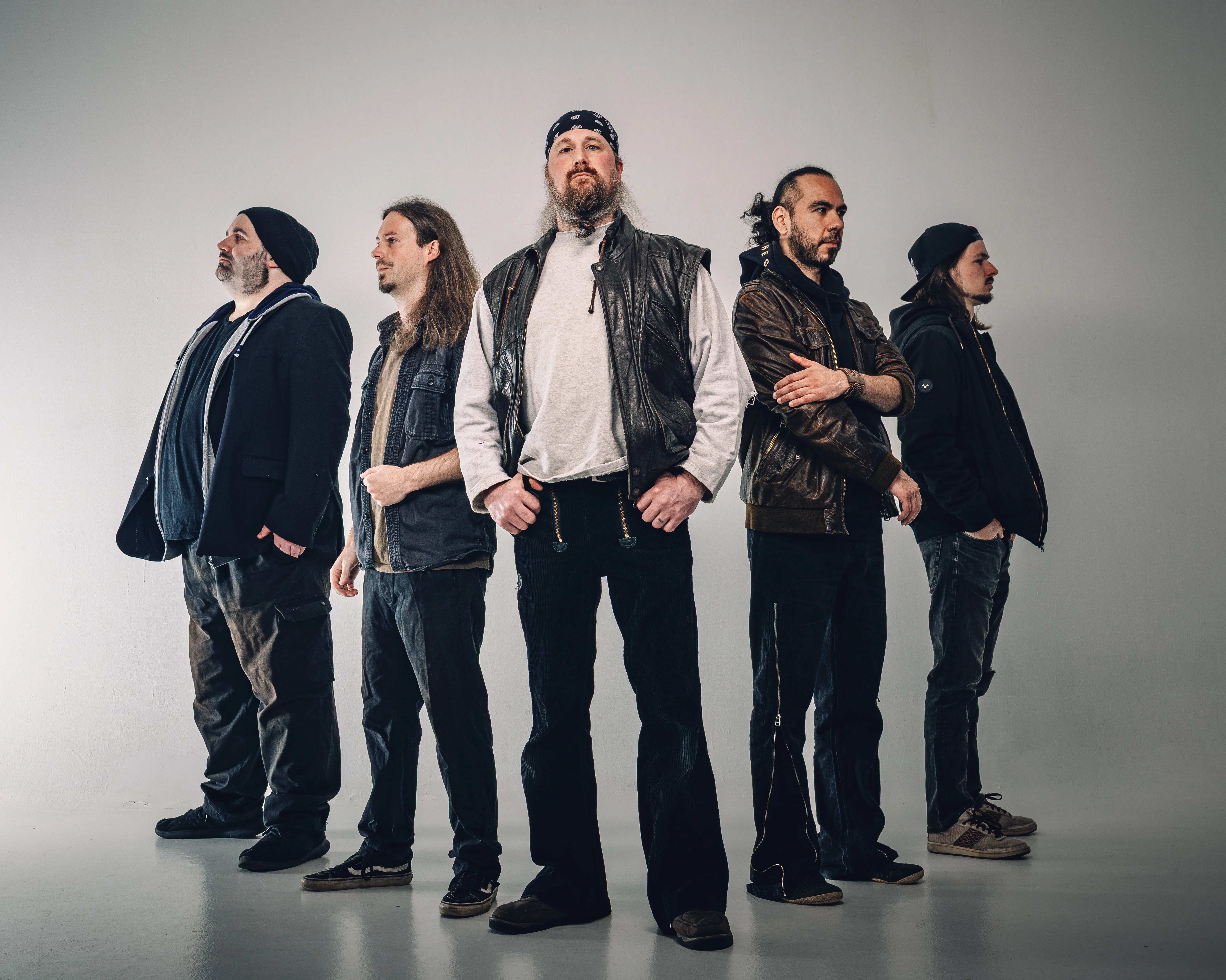
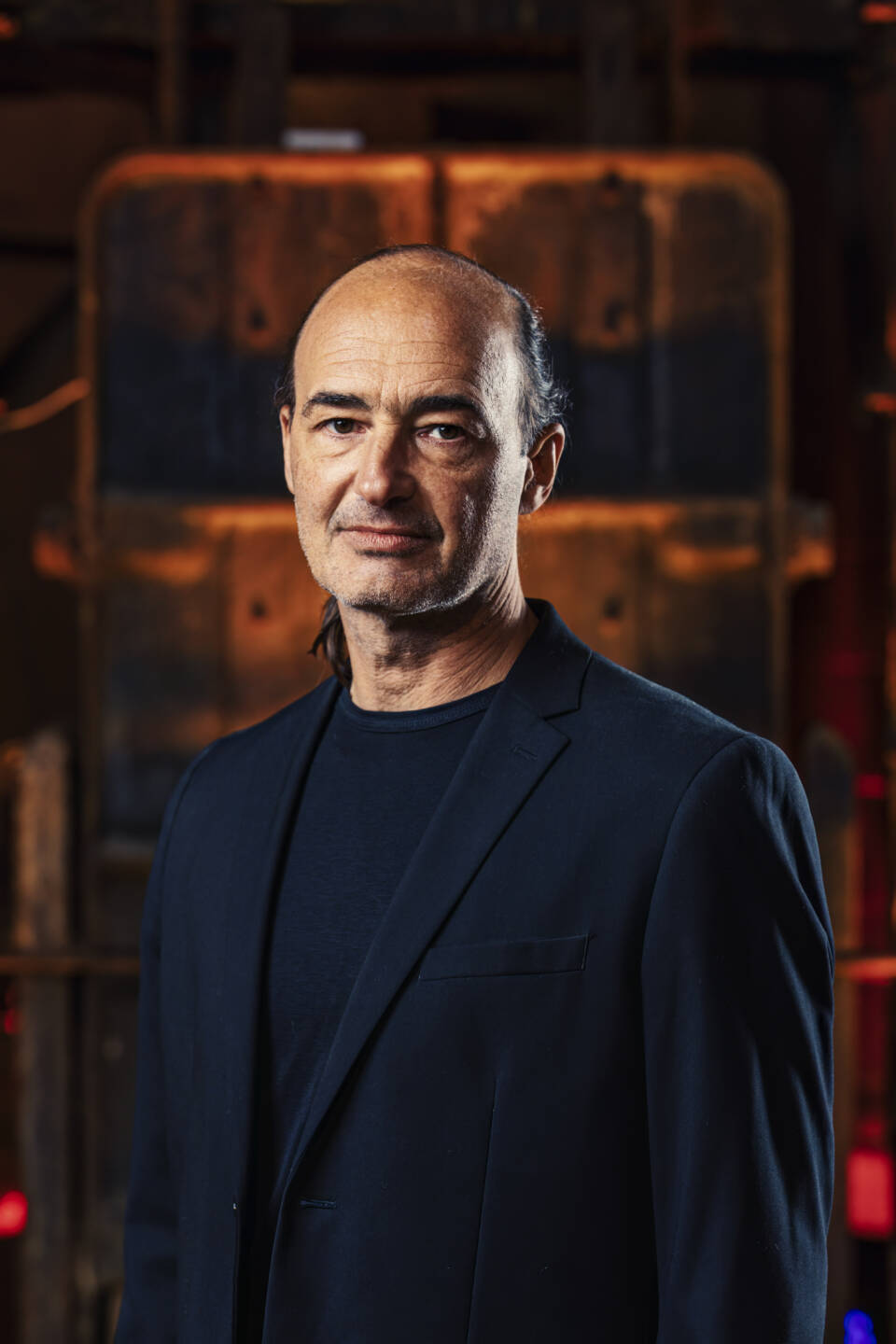
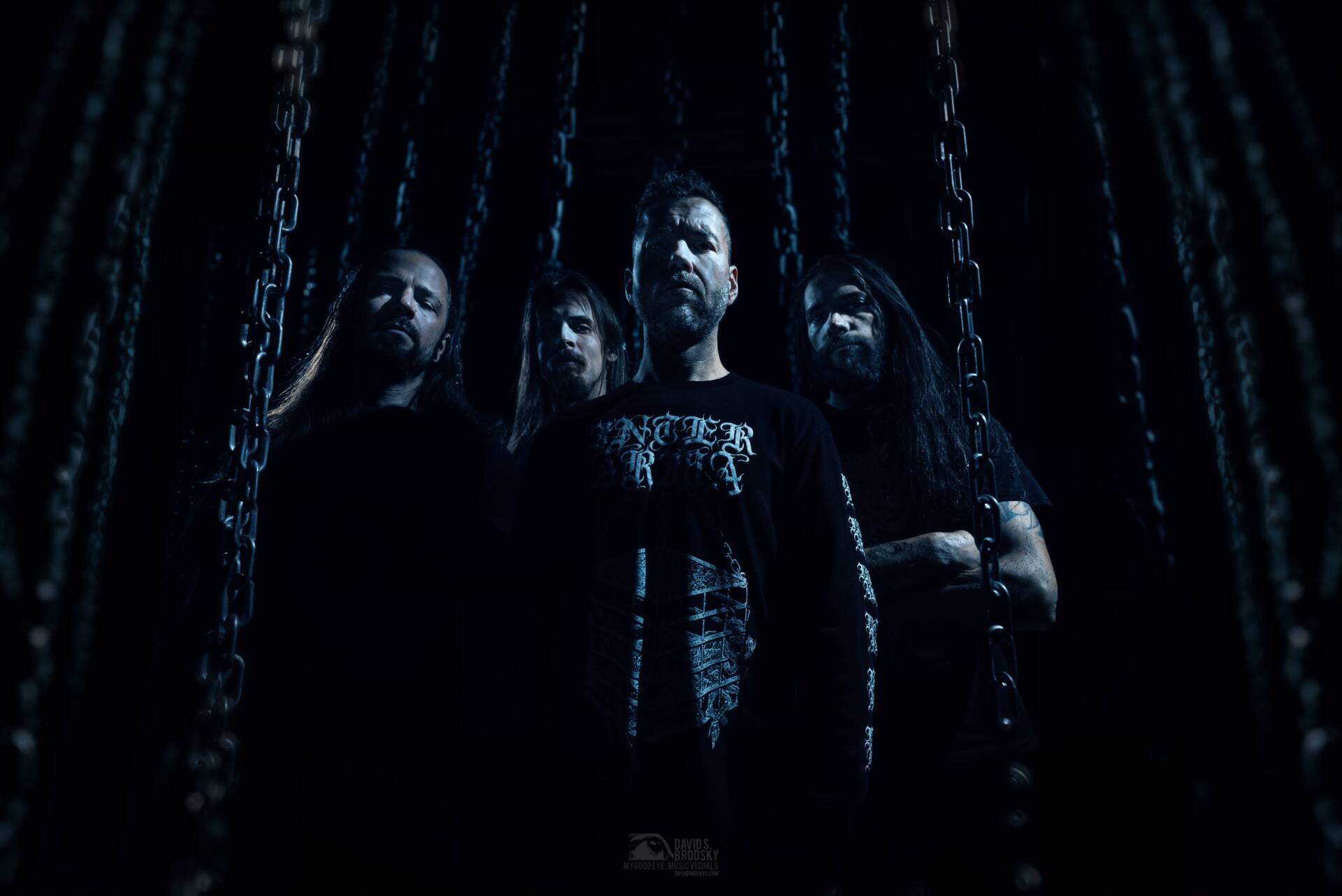
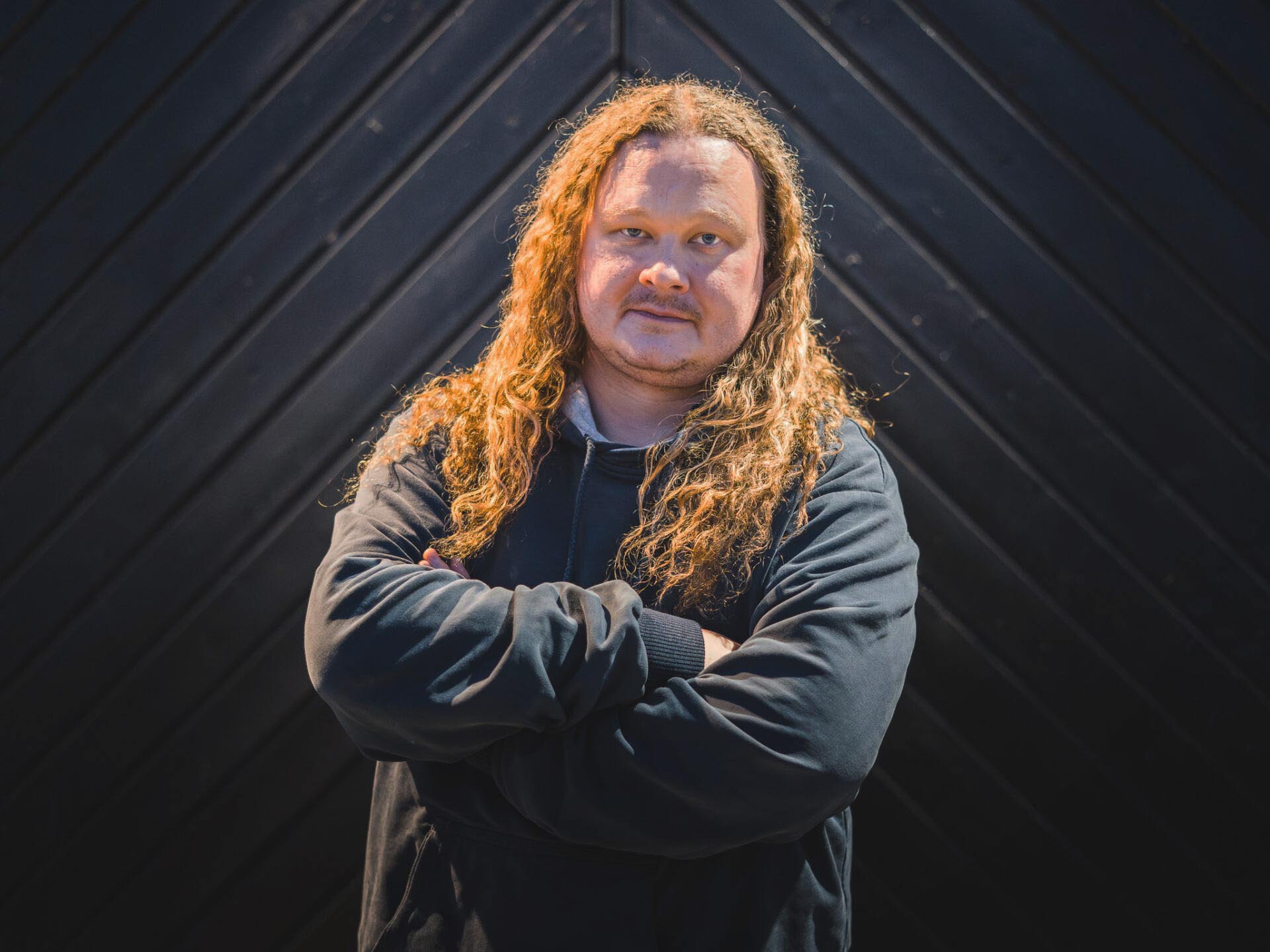
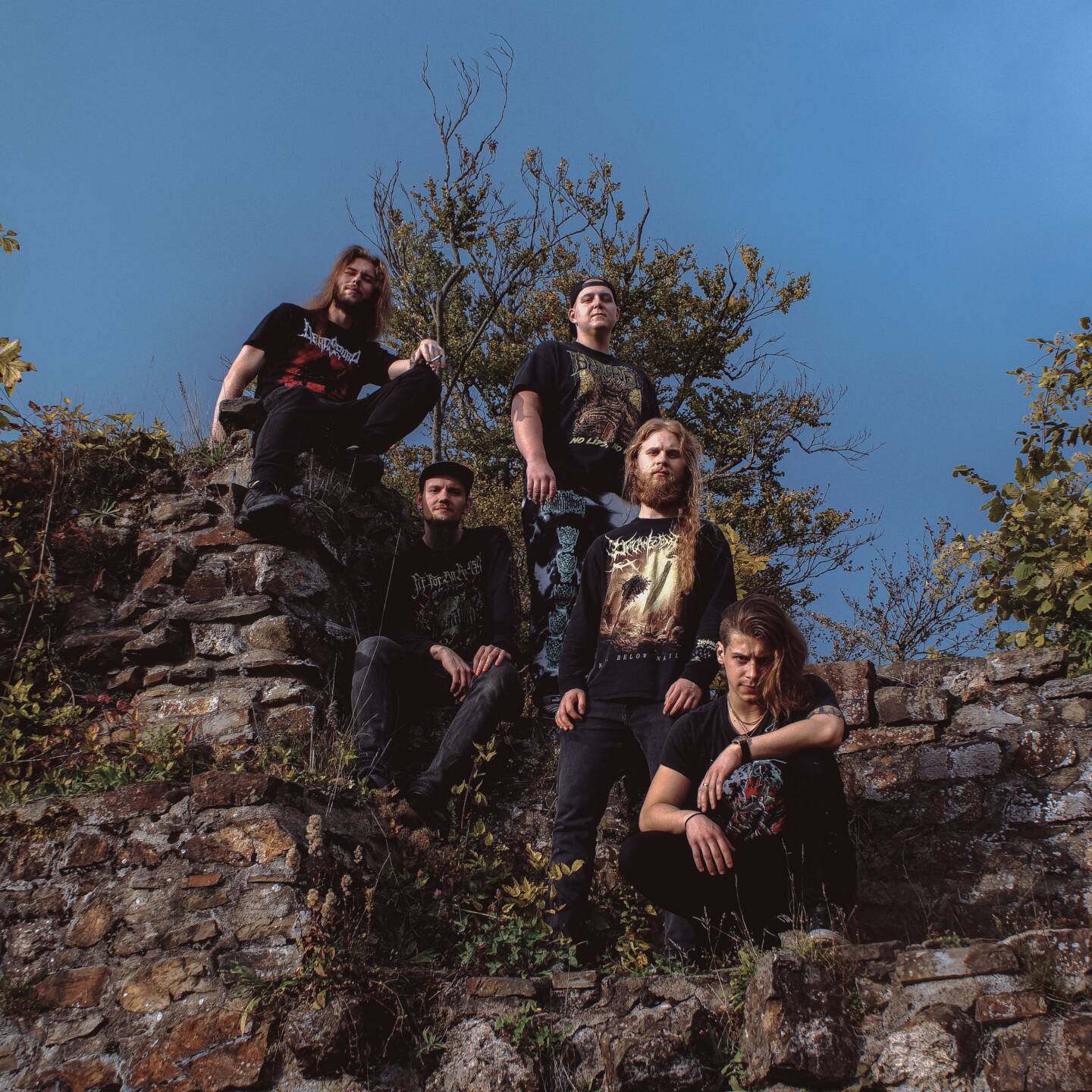
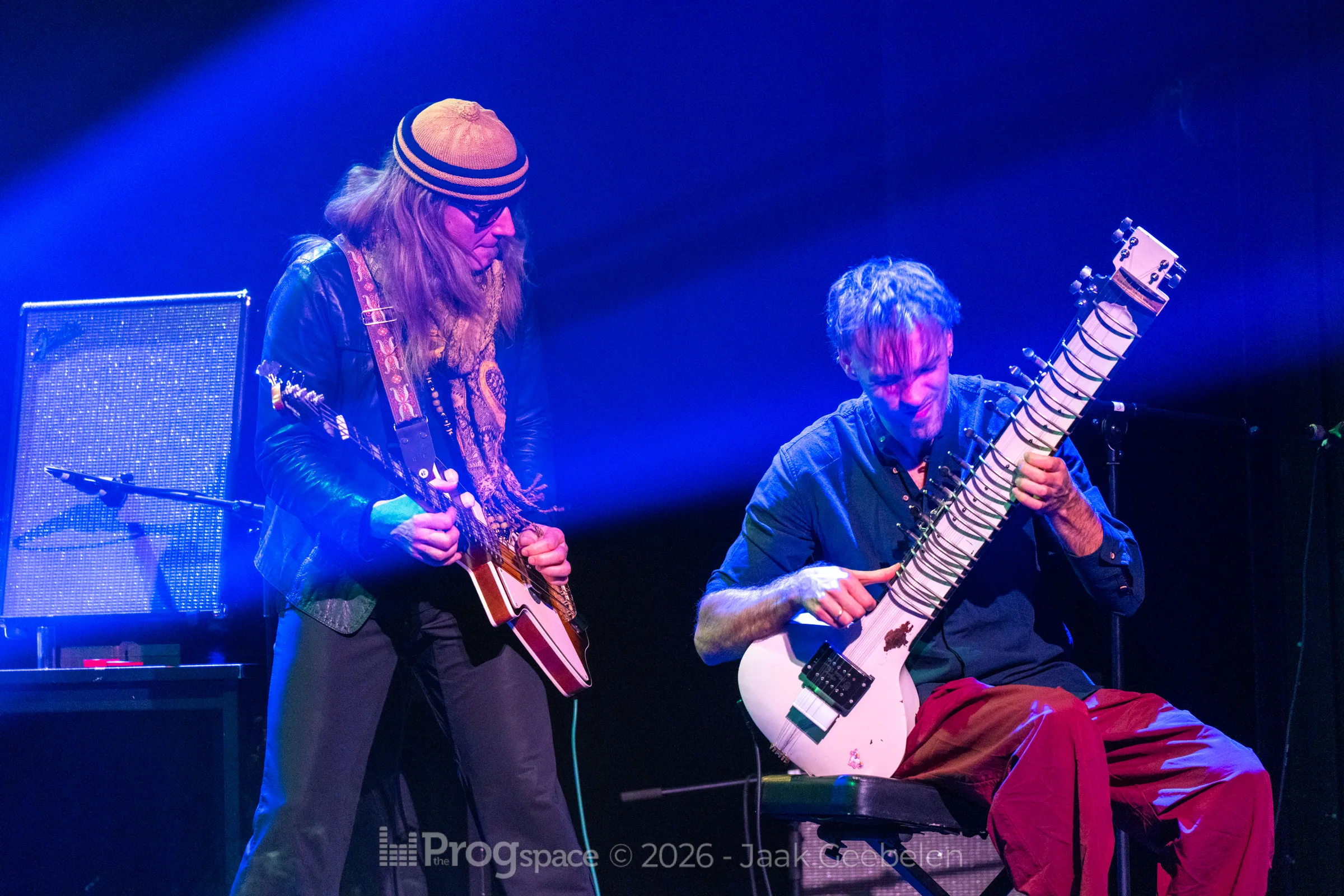
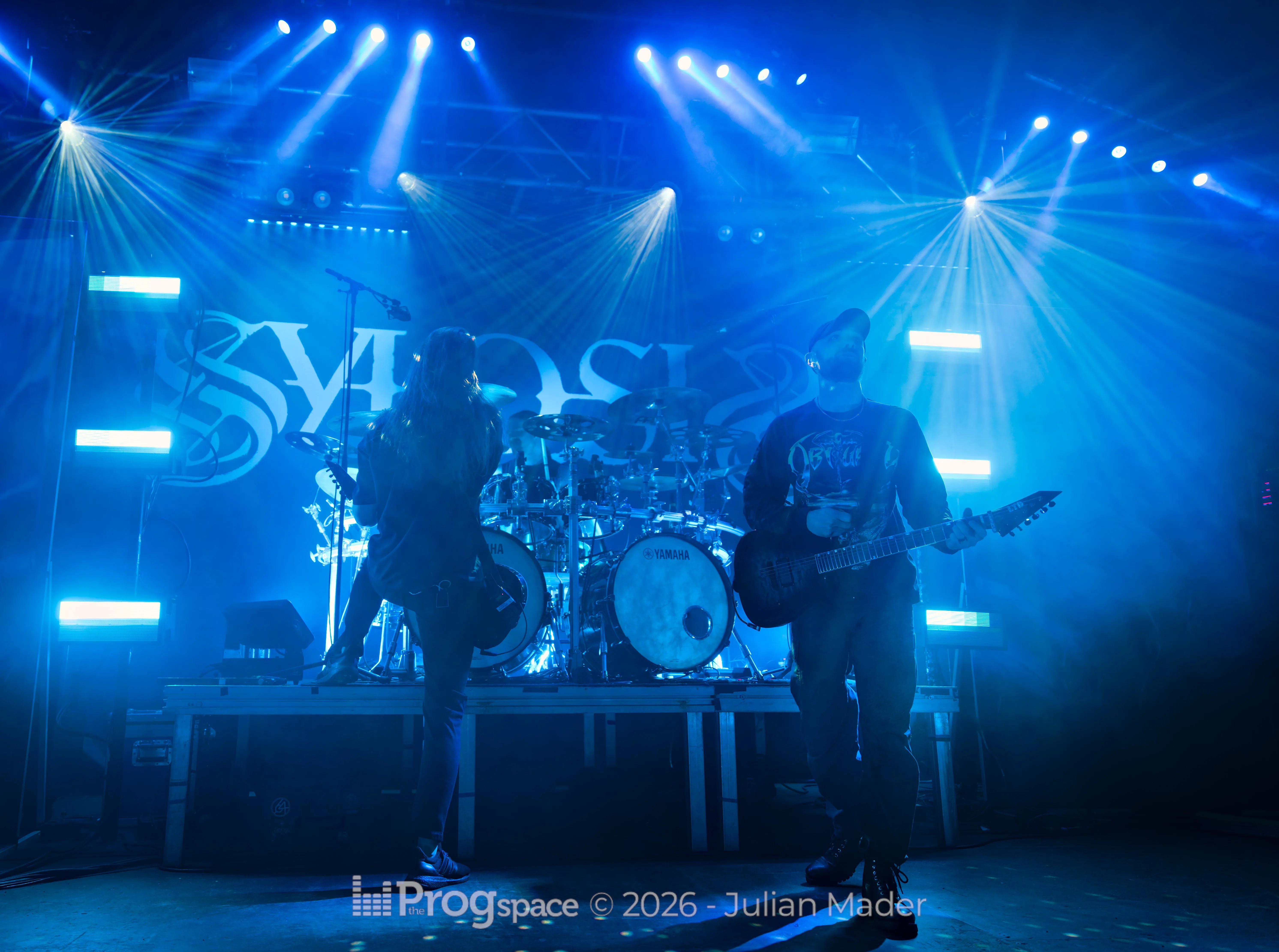
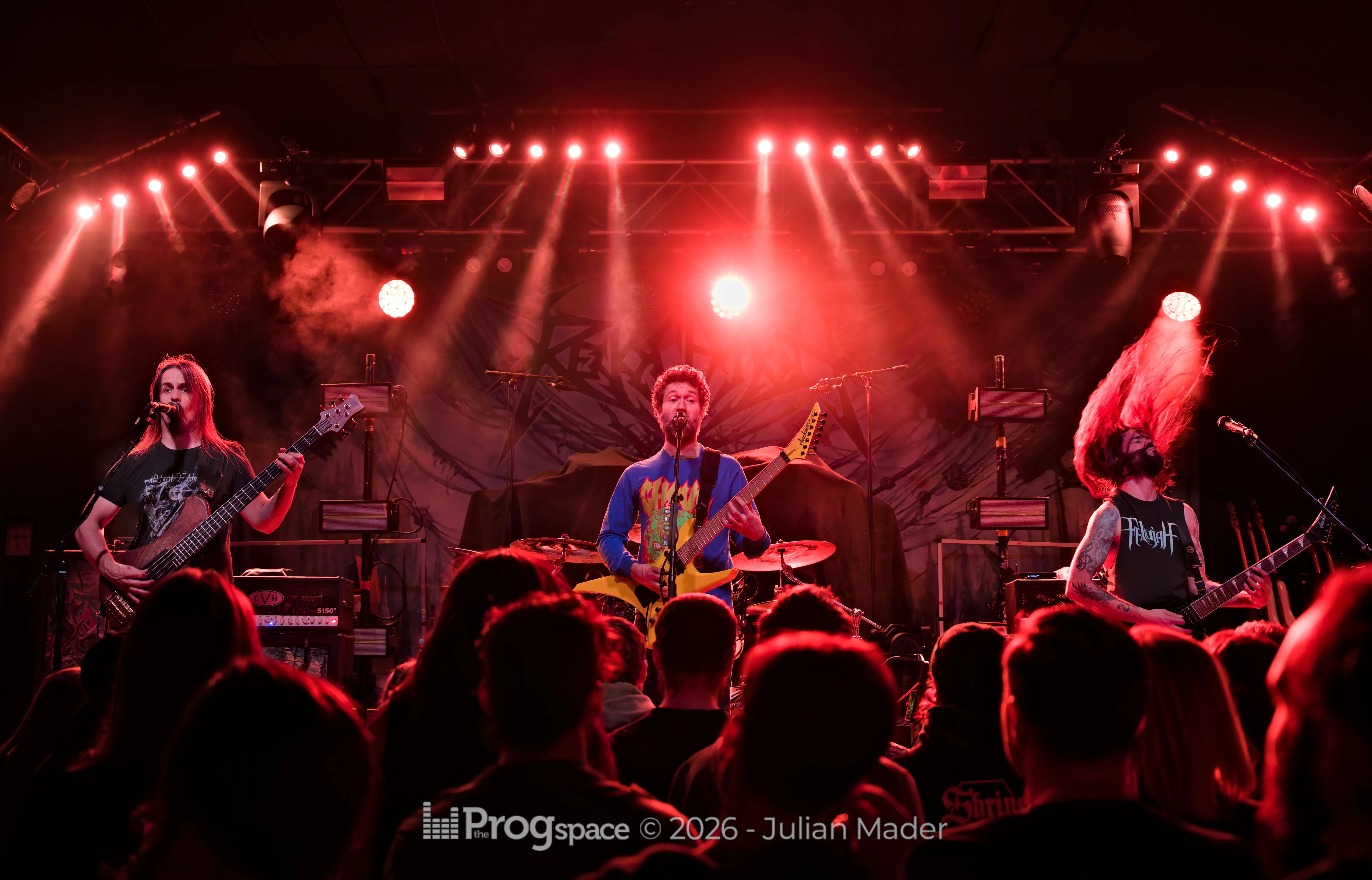
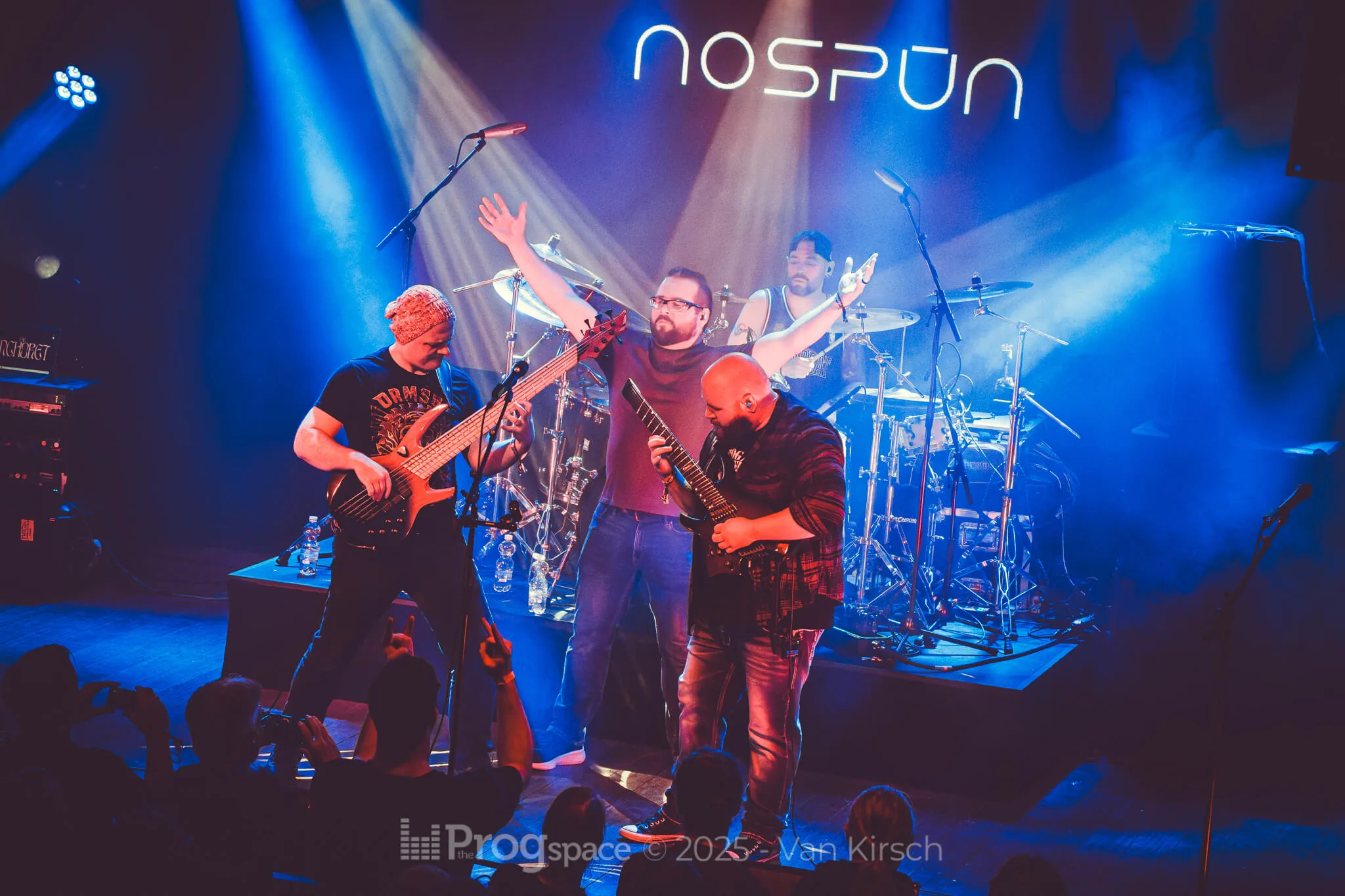
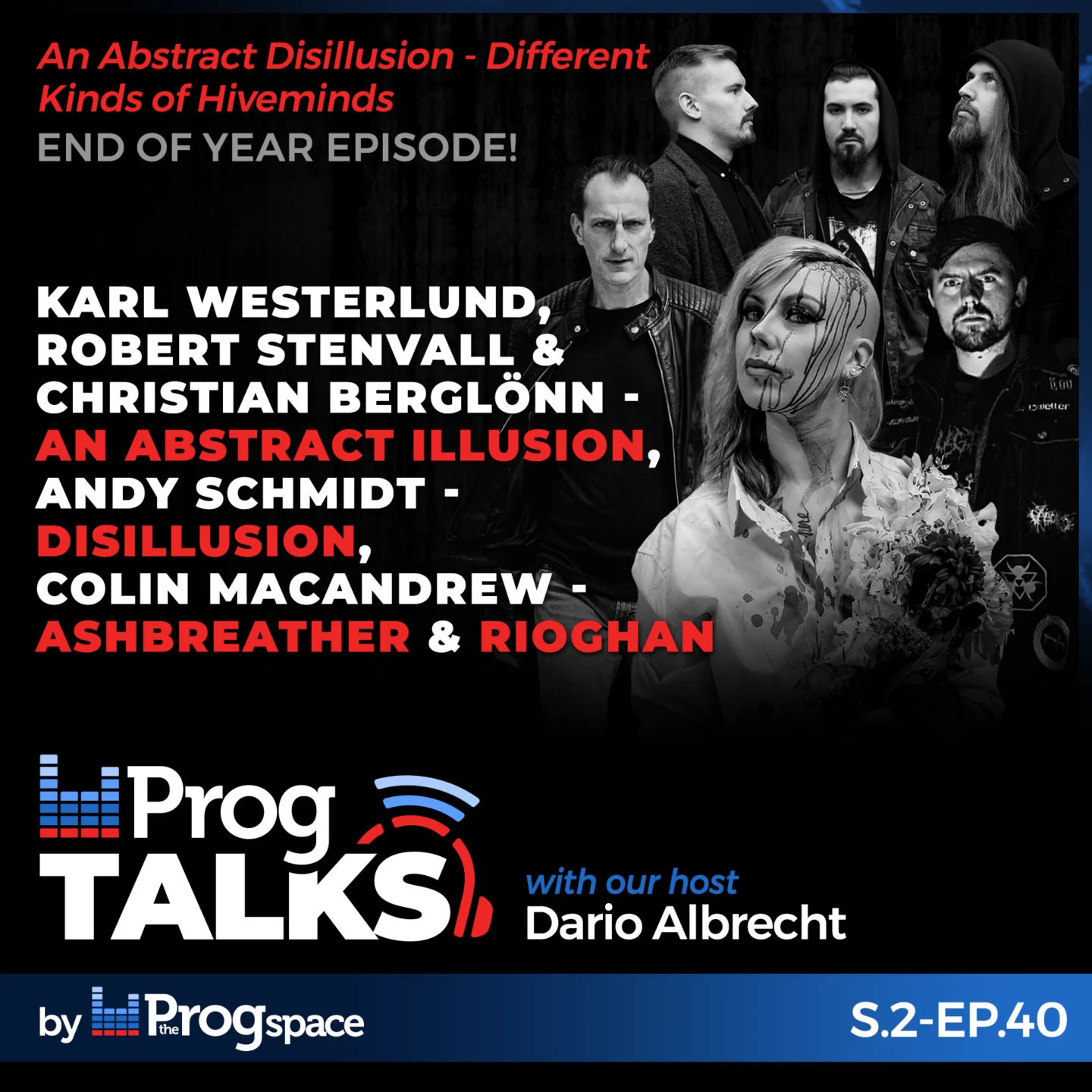
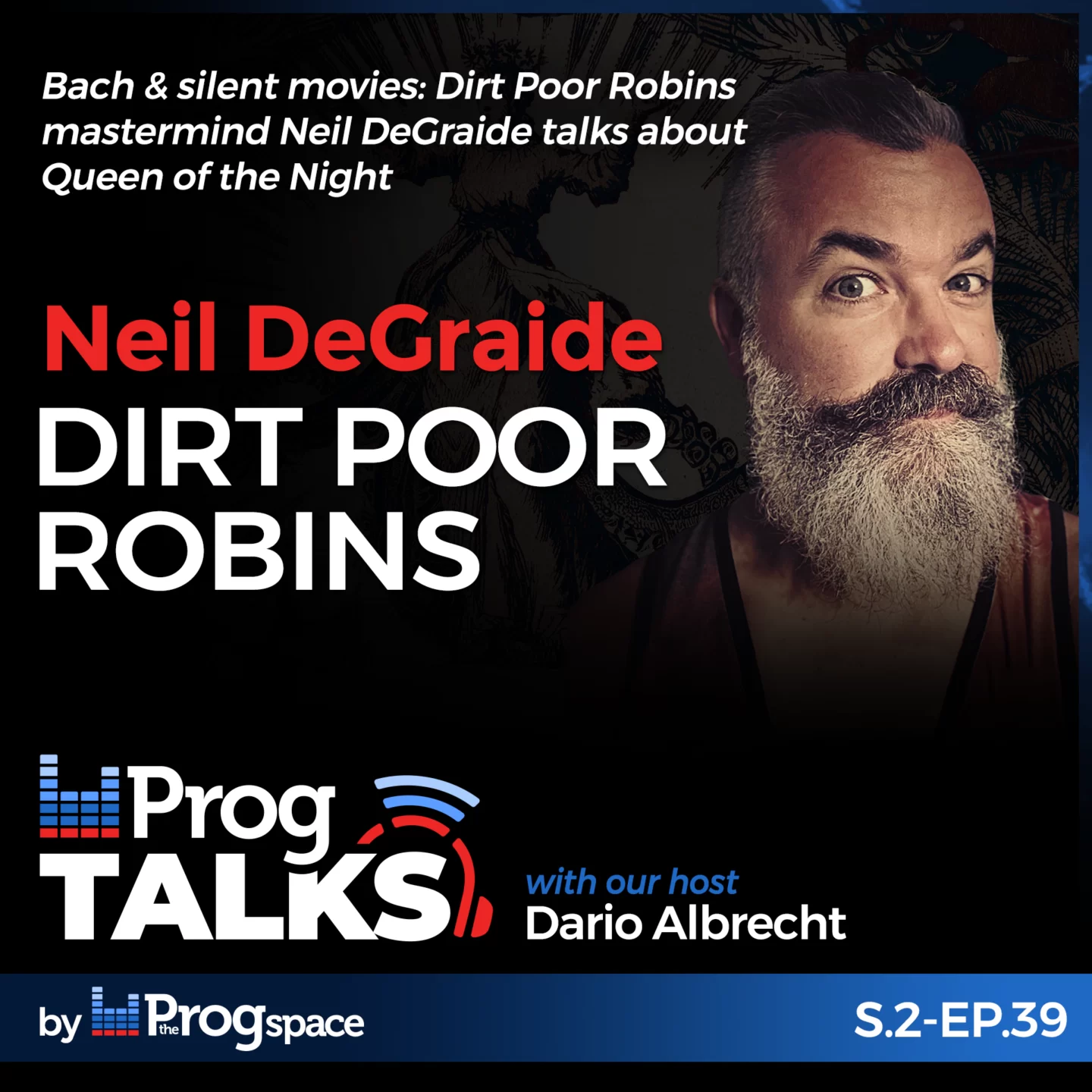
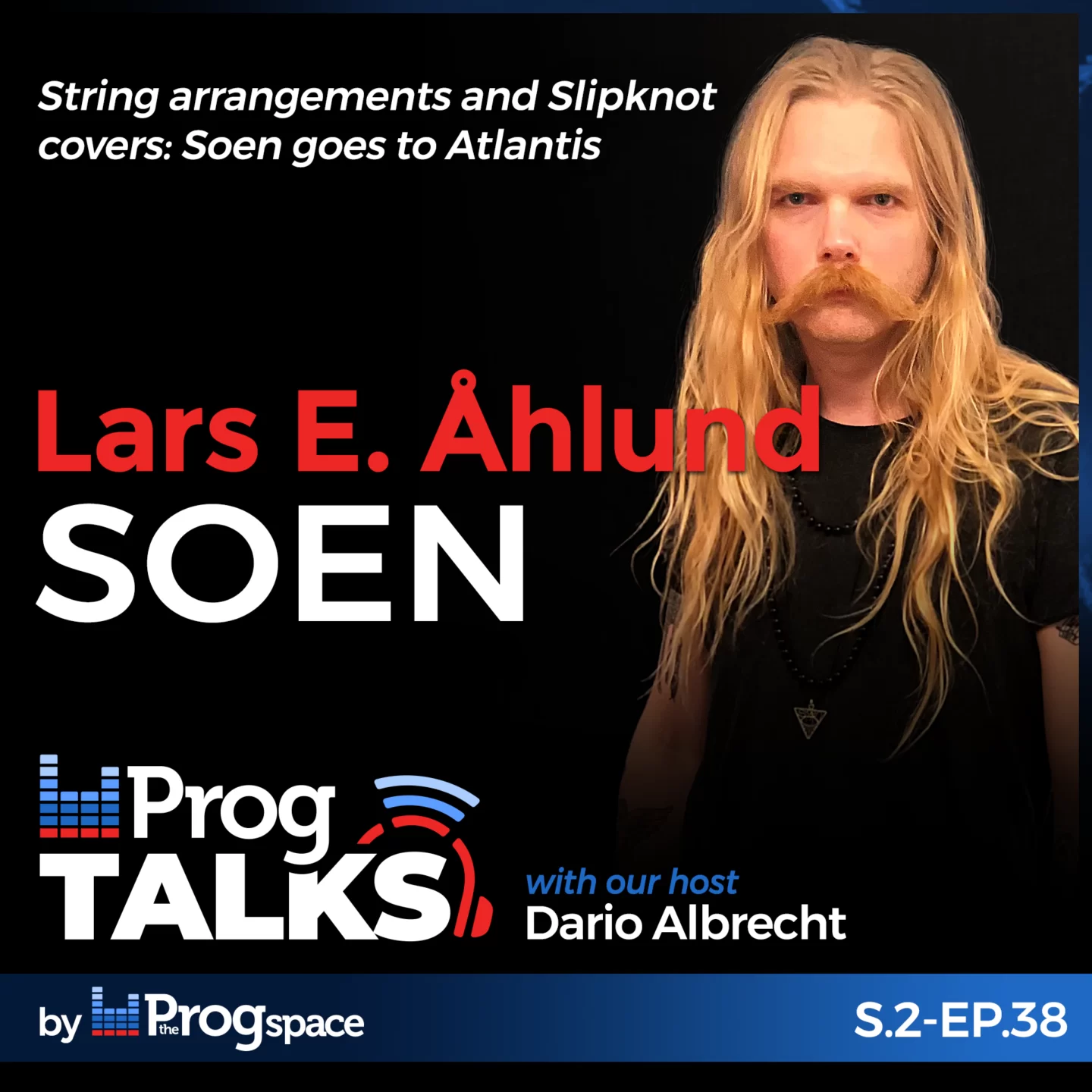
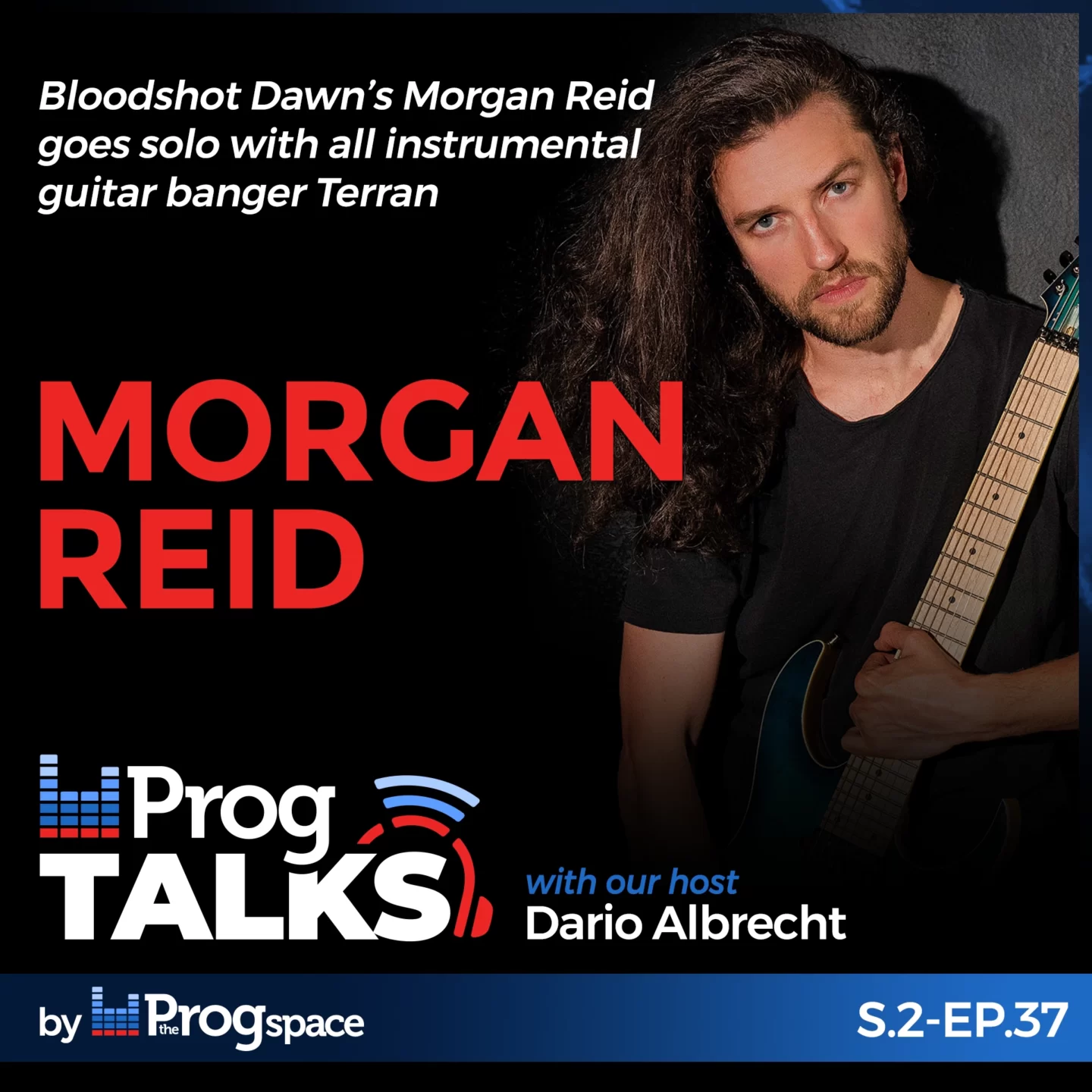
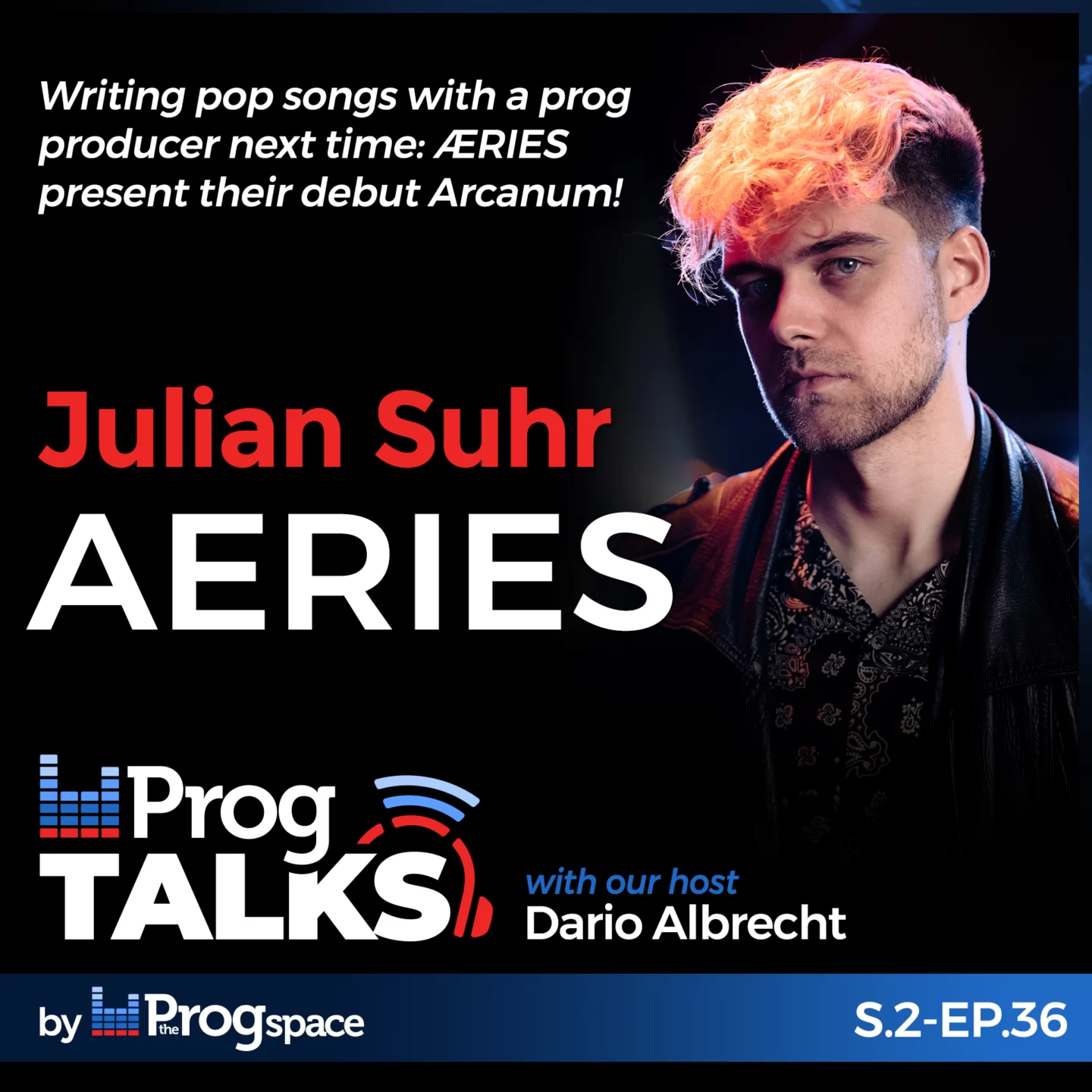

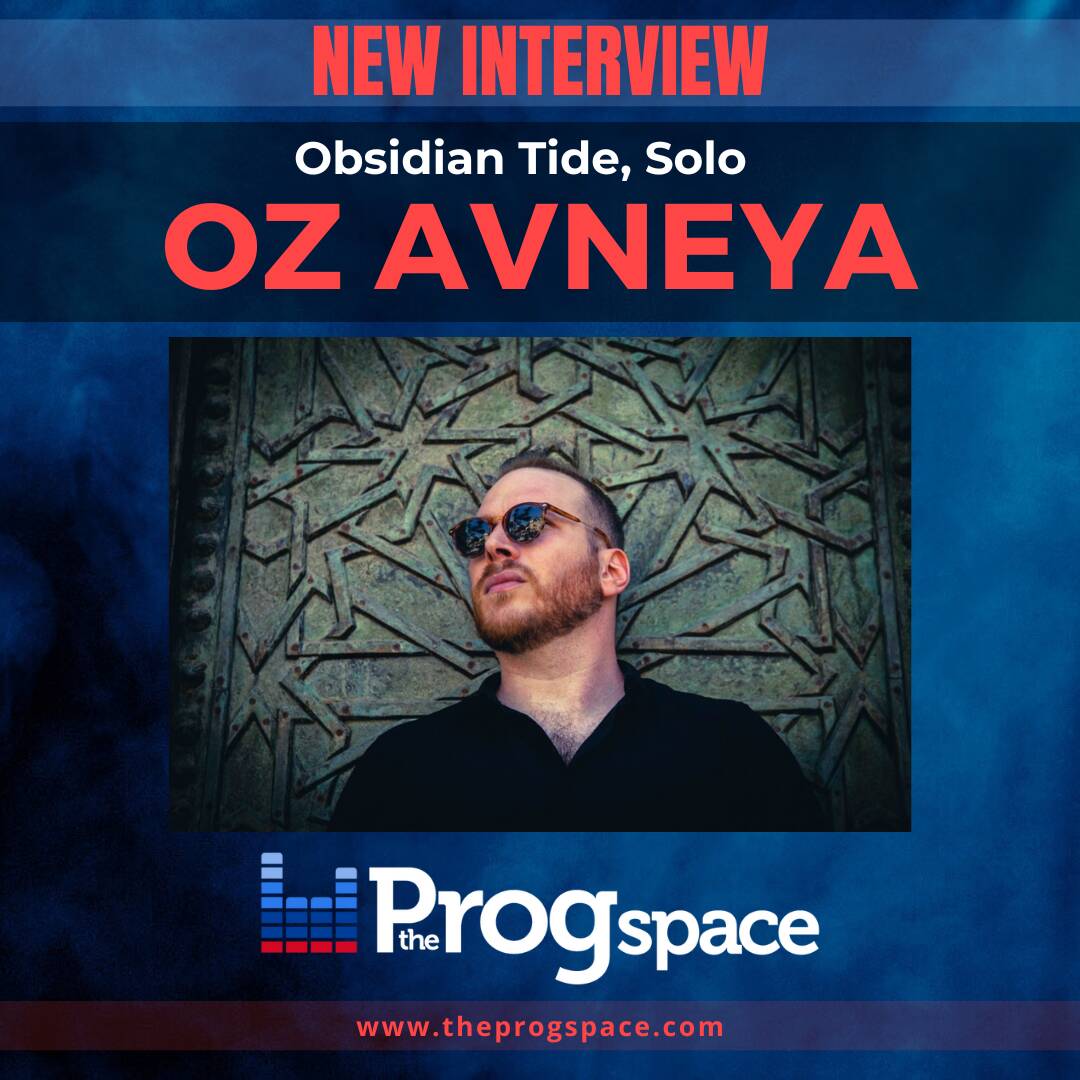
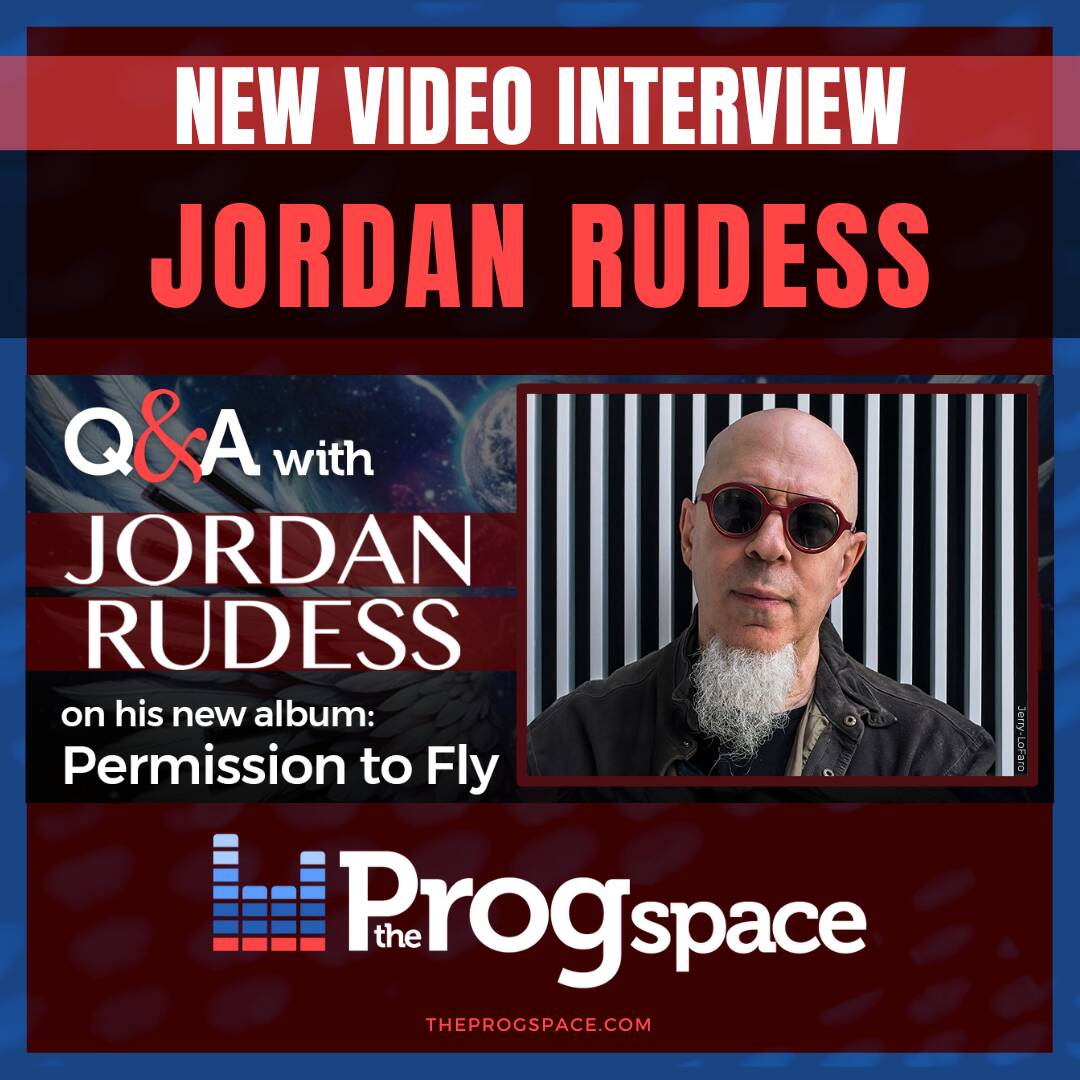
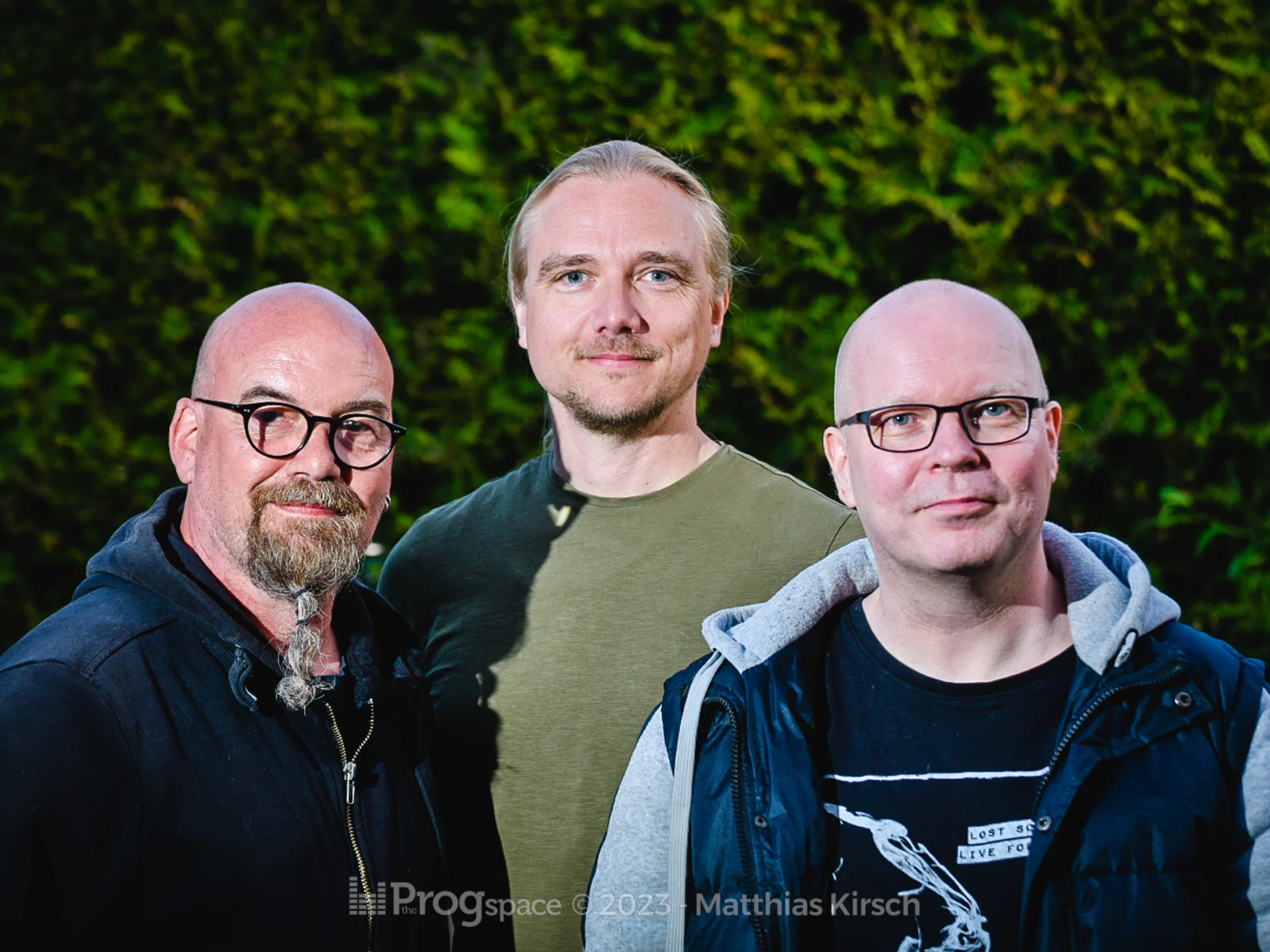
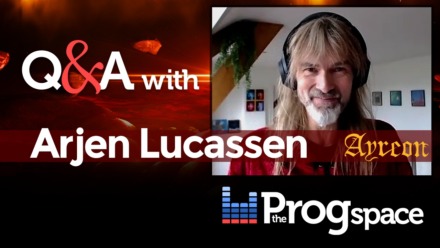
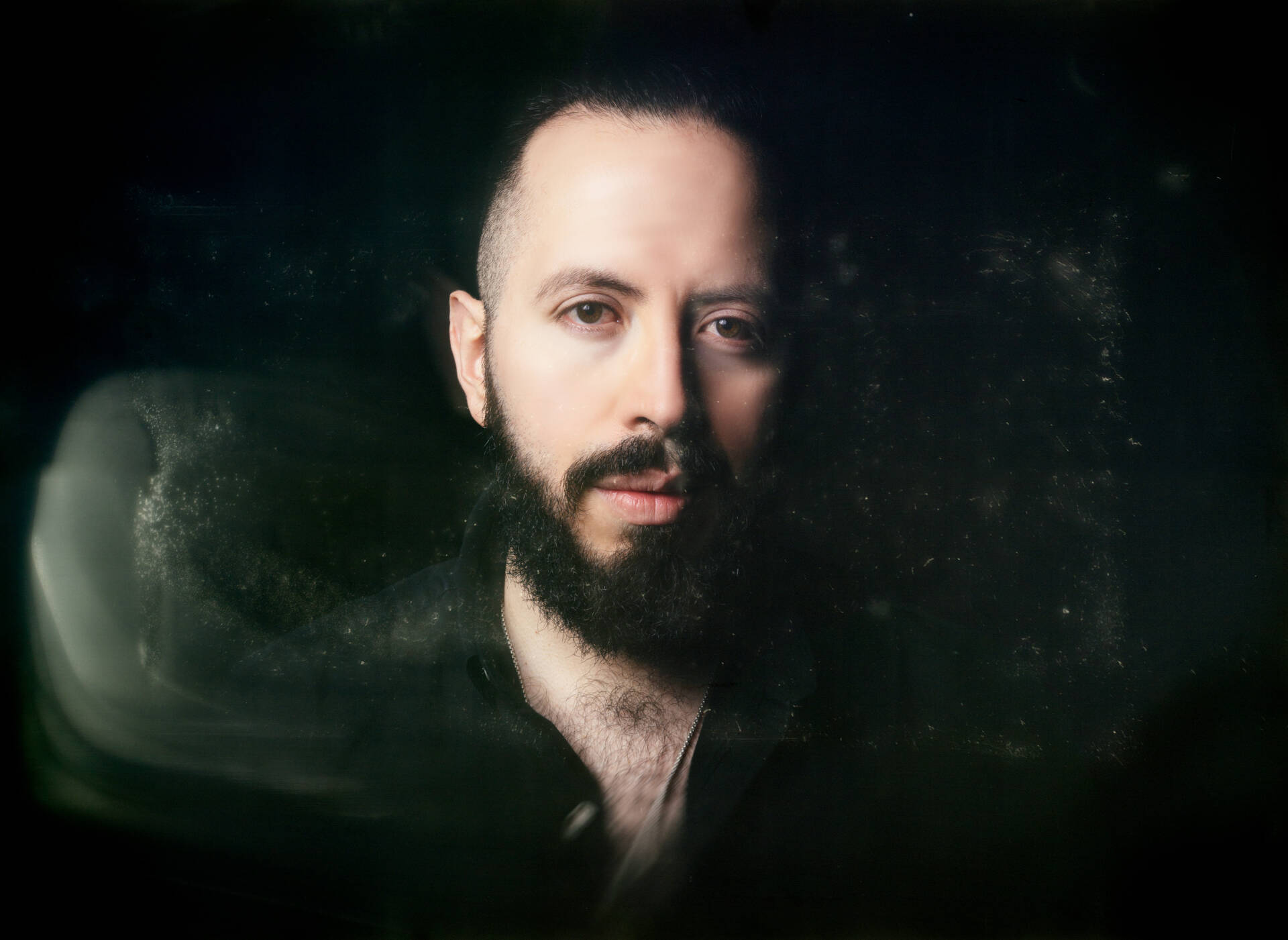


 We’re a group of Prog-lovers who started a journey to share with you our thoughts about albums, concerts, tours and festivals, the photo galleries of the Prog concerts we visit, as well interviews with upcoming or established musicians or prog-related people. Follow our Facebook page for frequent updates and news around the Progniverse.
We’re a group of Prog-lovers who started a journey to share with you our thoughts about albums, concerts, tours and festivals, the photo galleries of the Prog concerts we visit, as well interviews with upcoming or established musicians or prog-related people. Follow our Facebook page for frequent updates and news around the Progniverse.